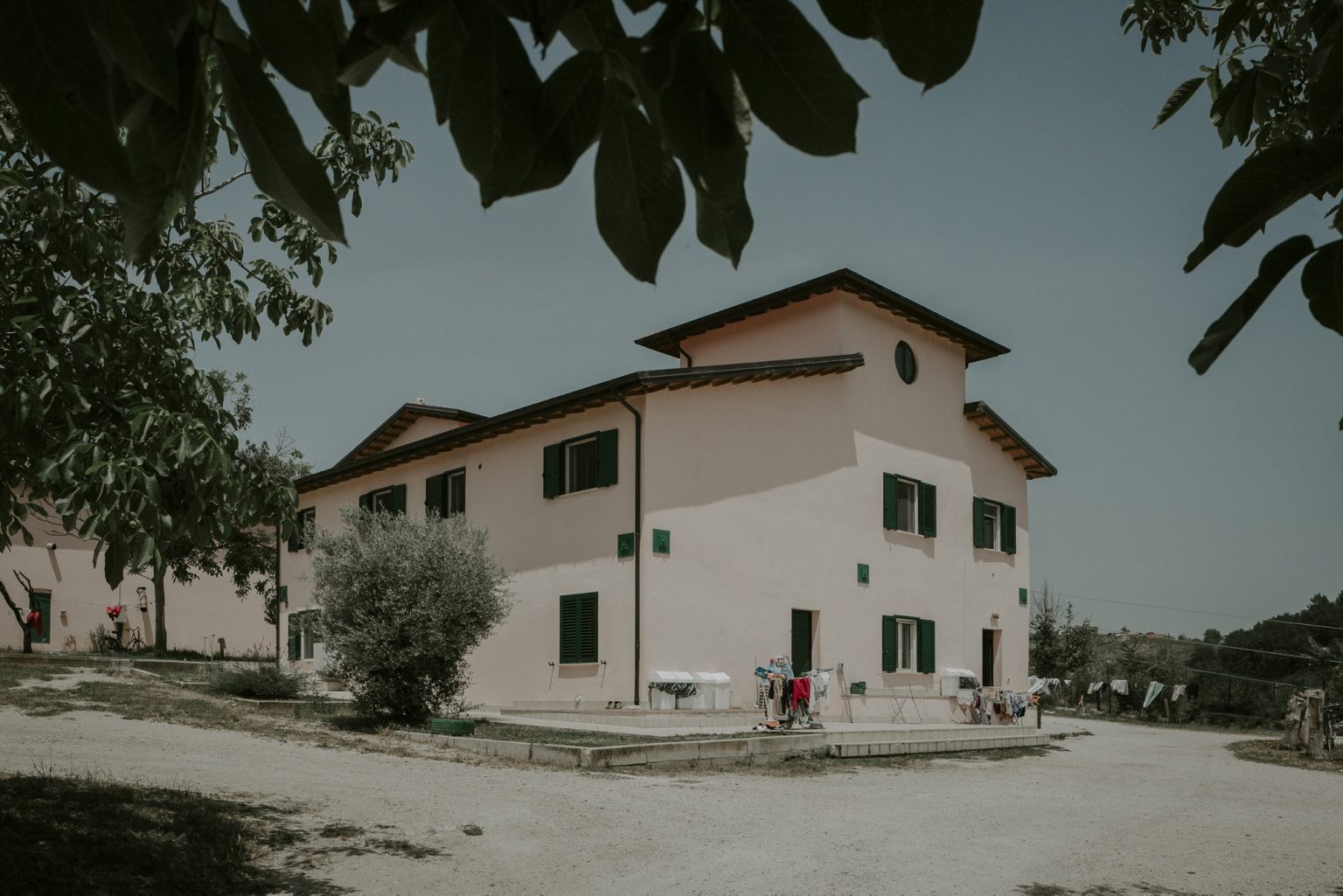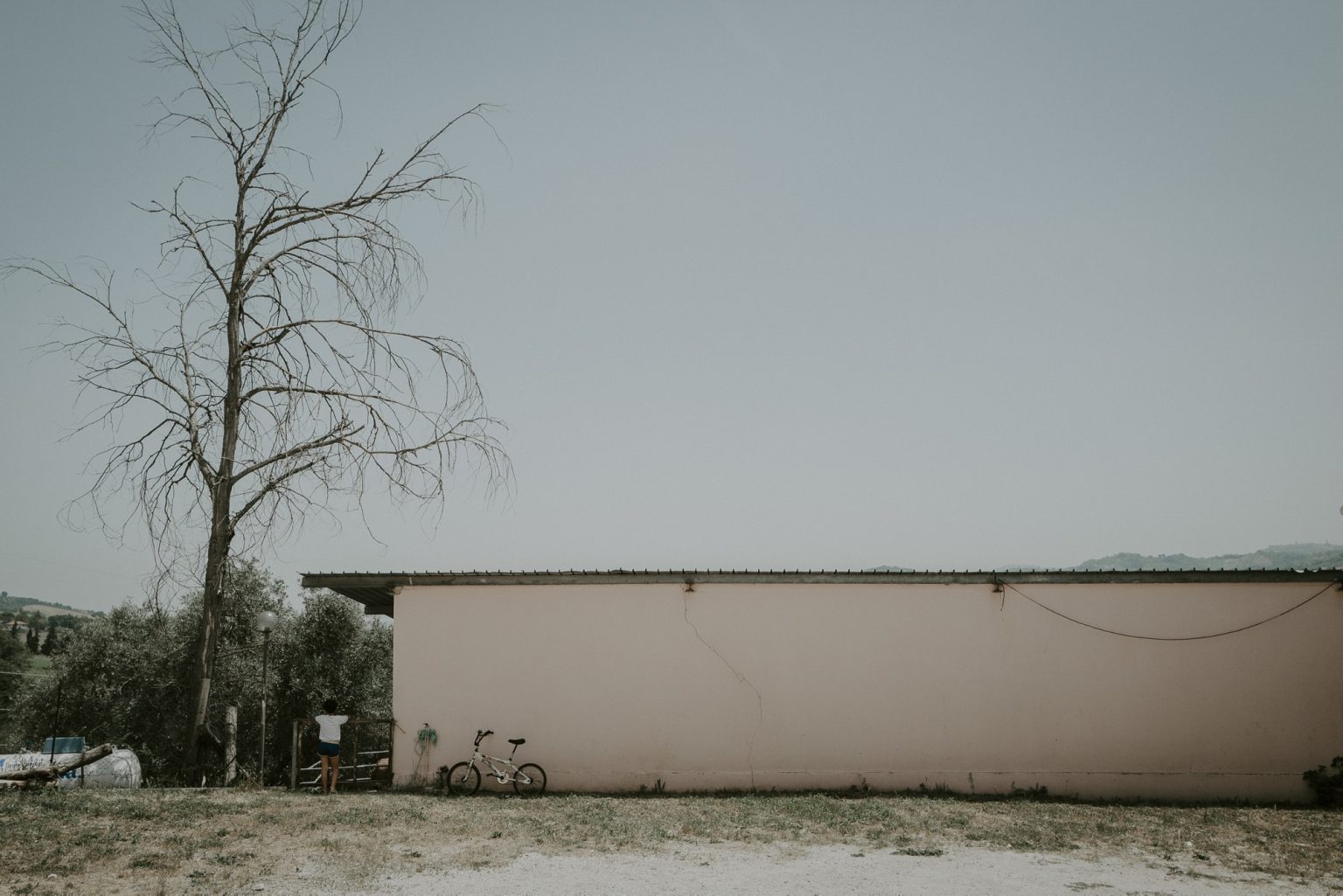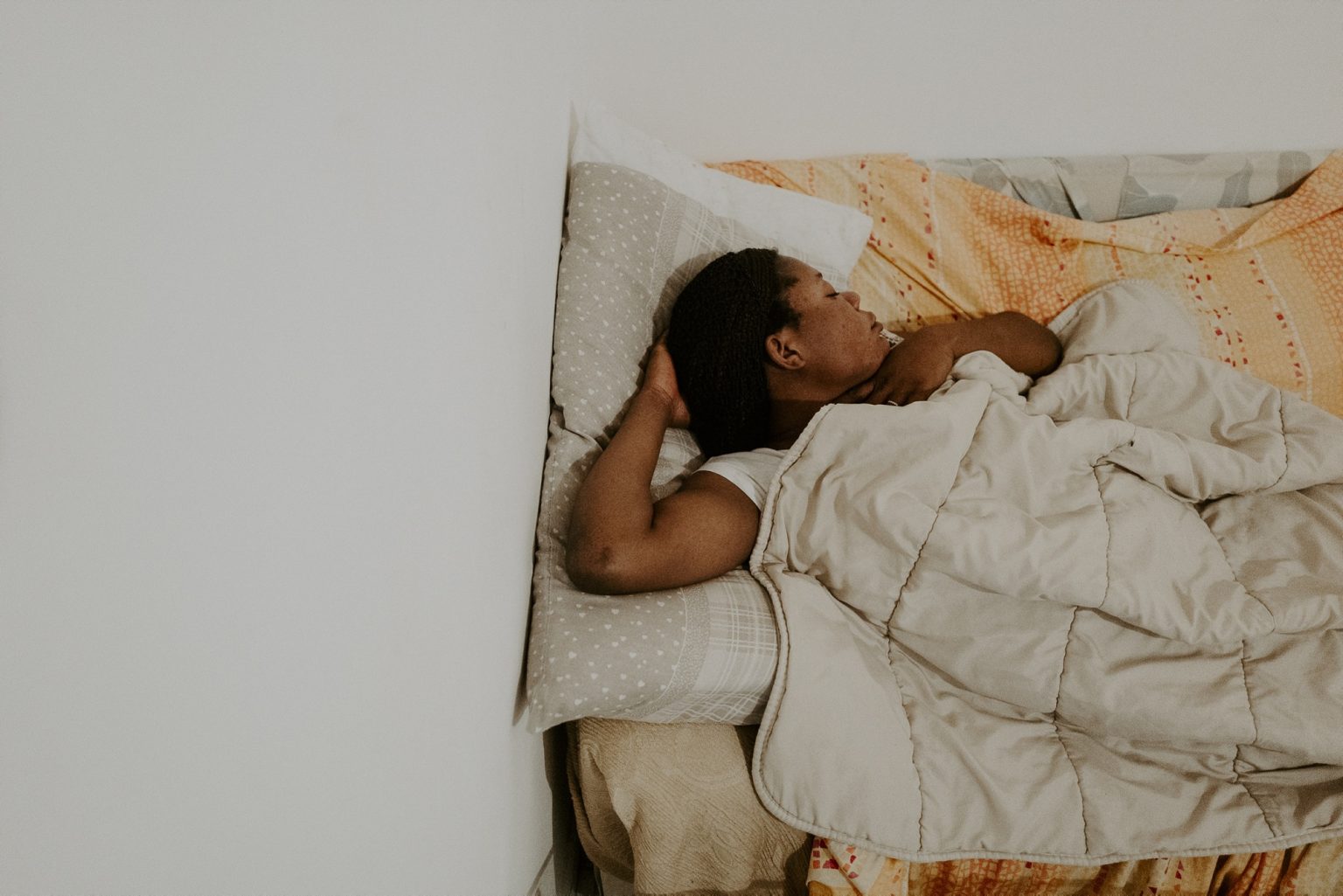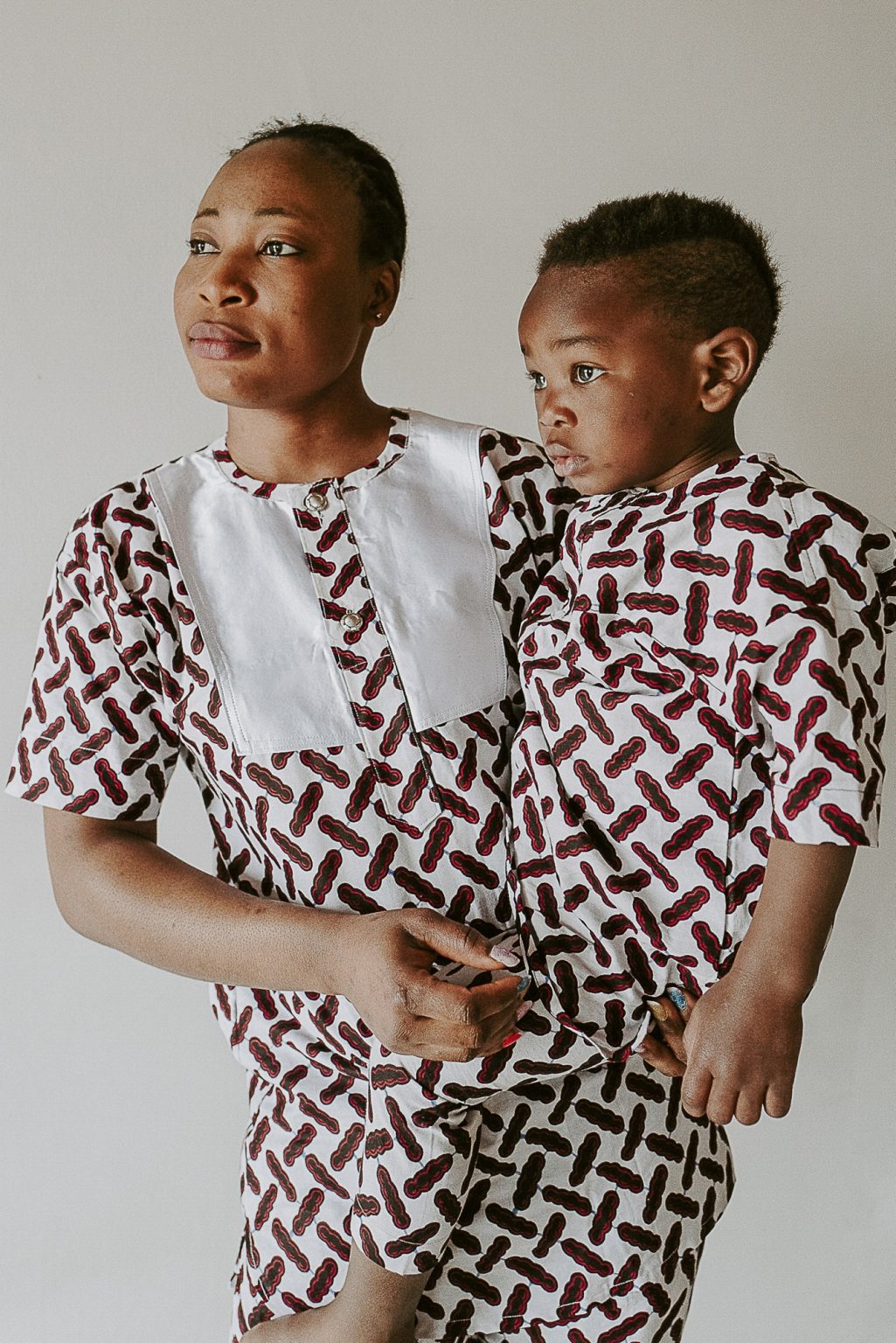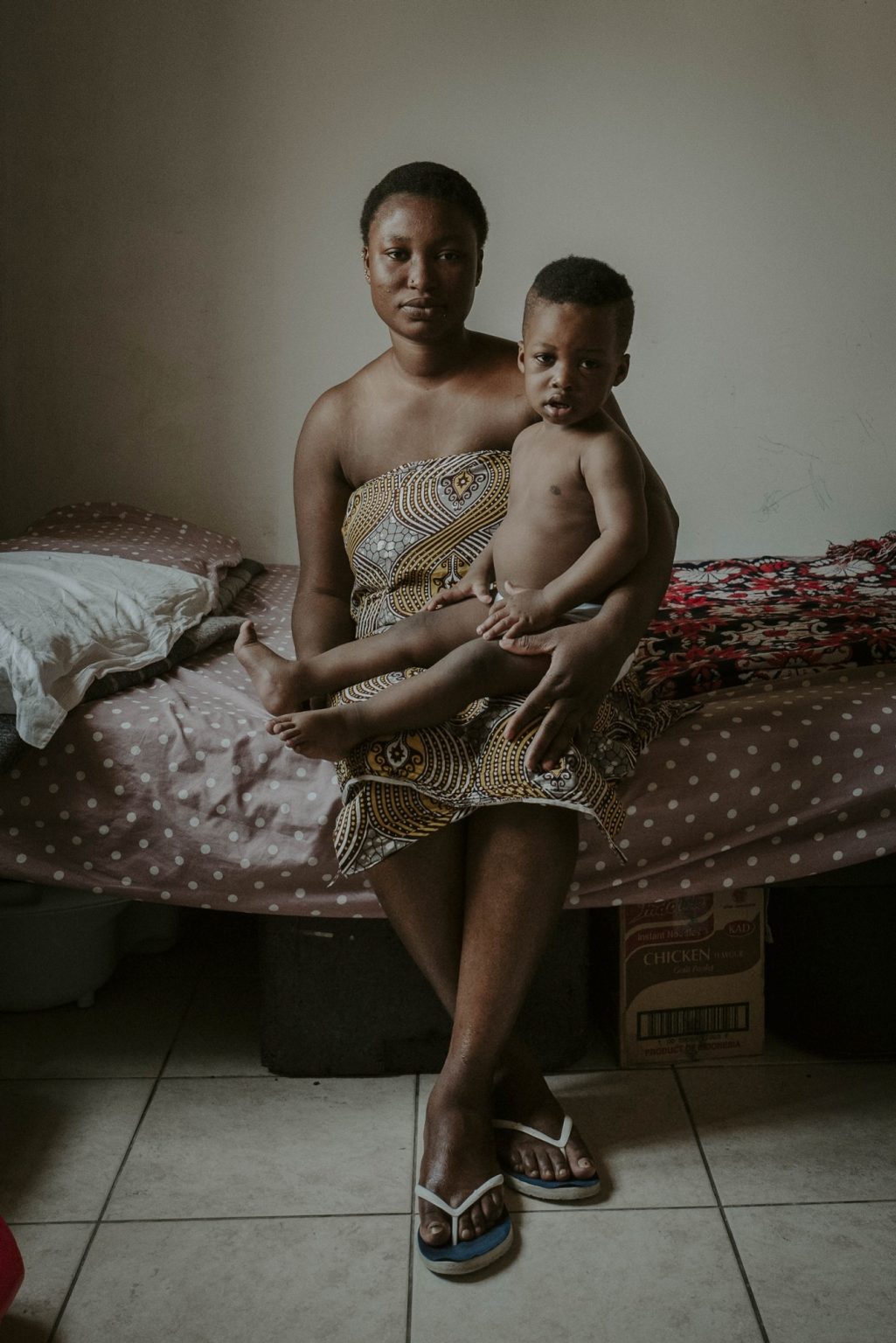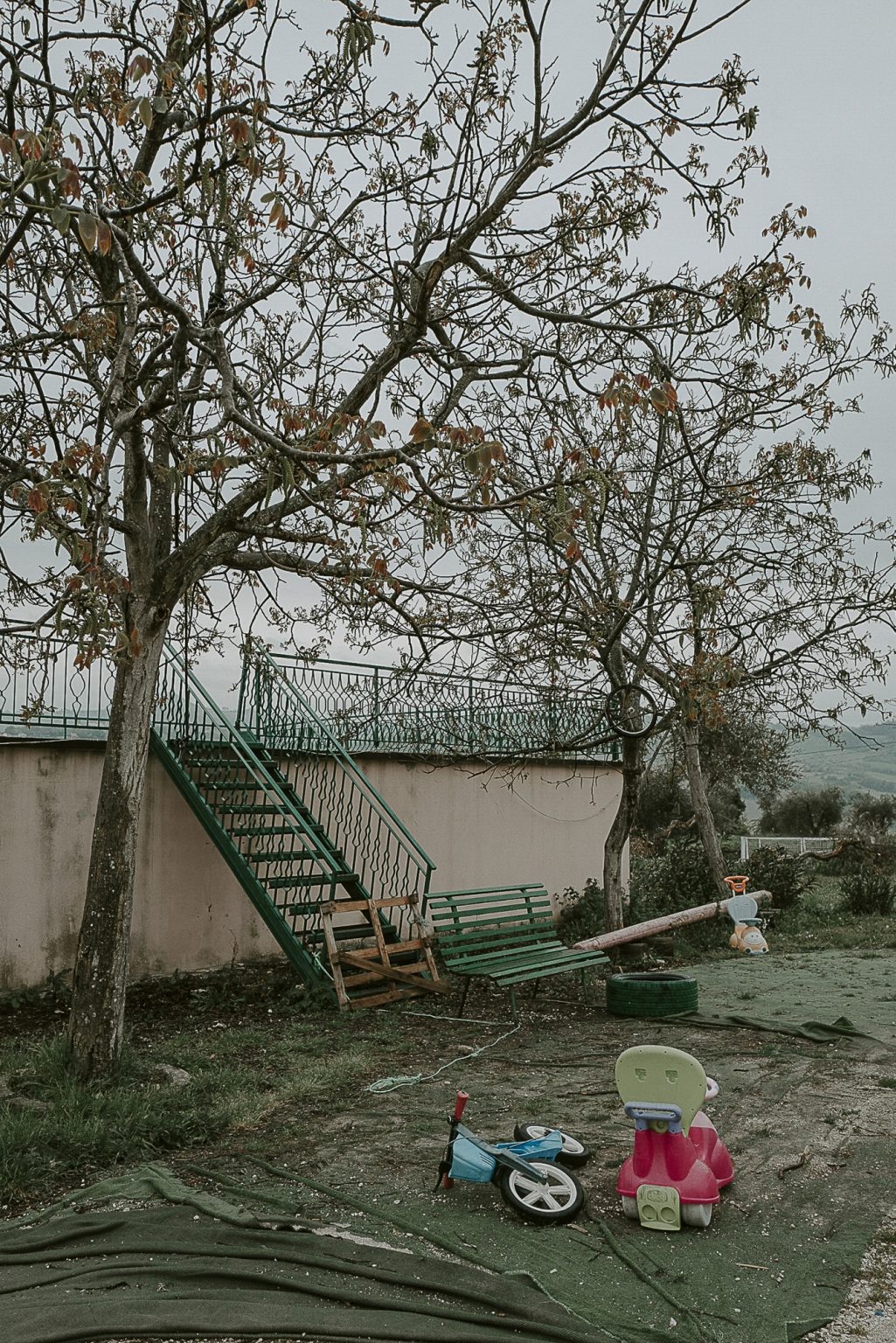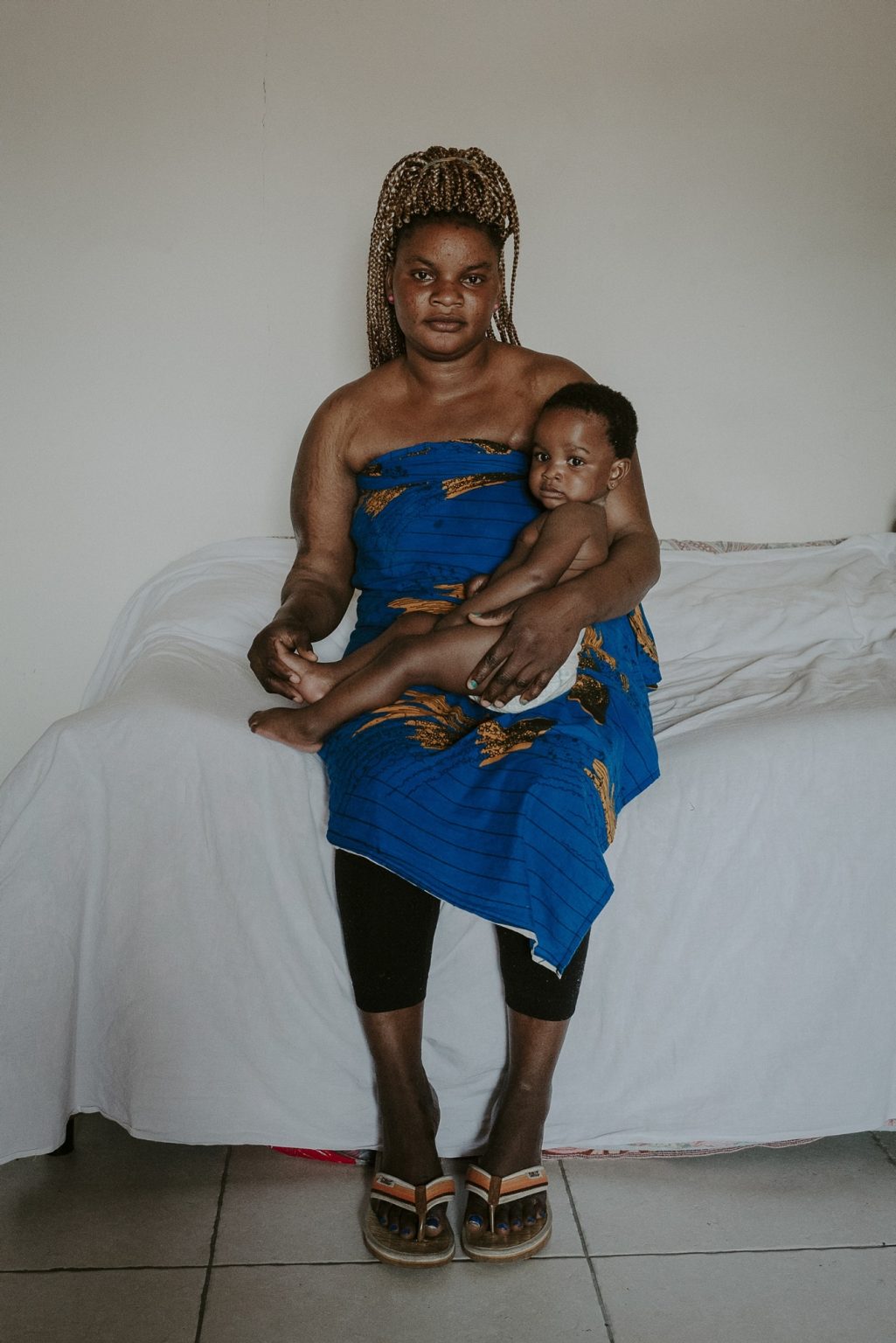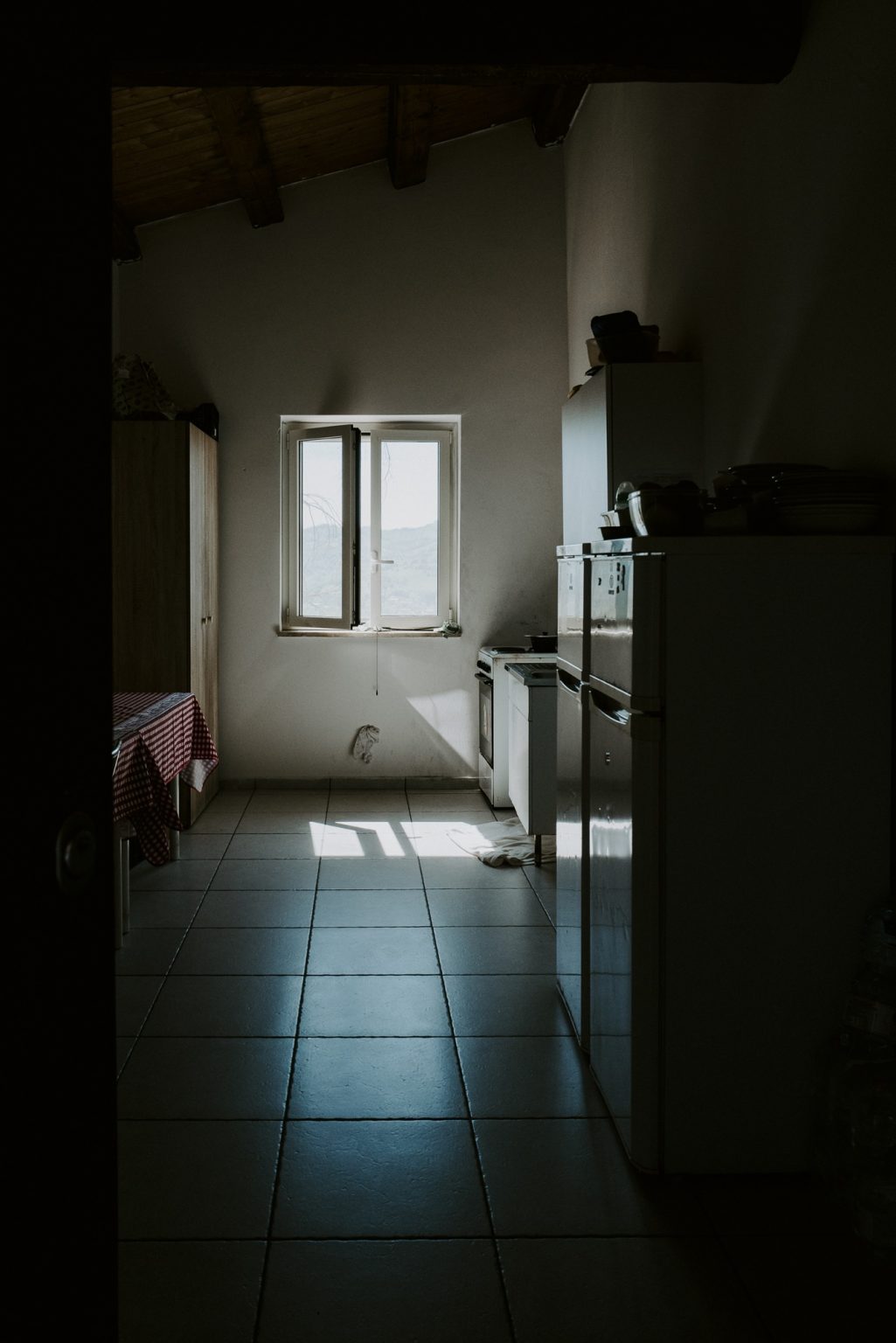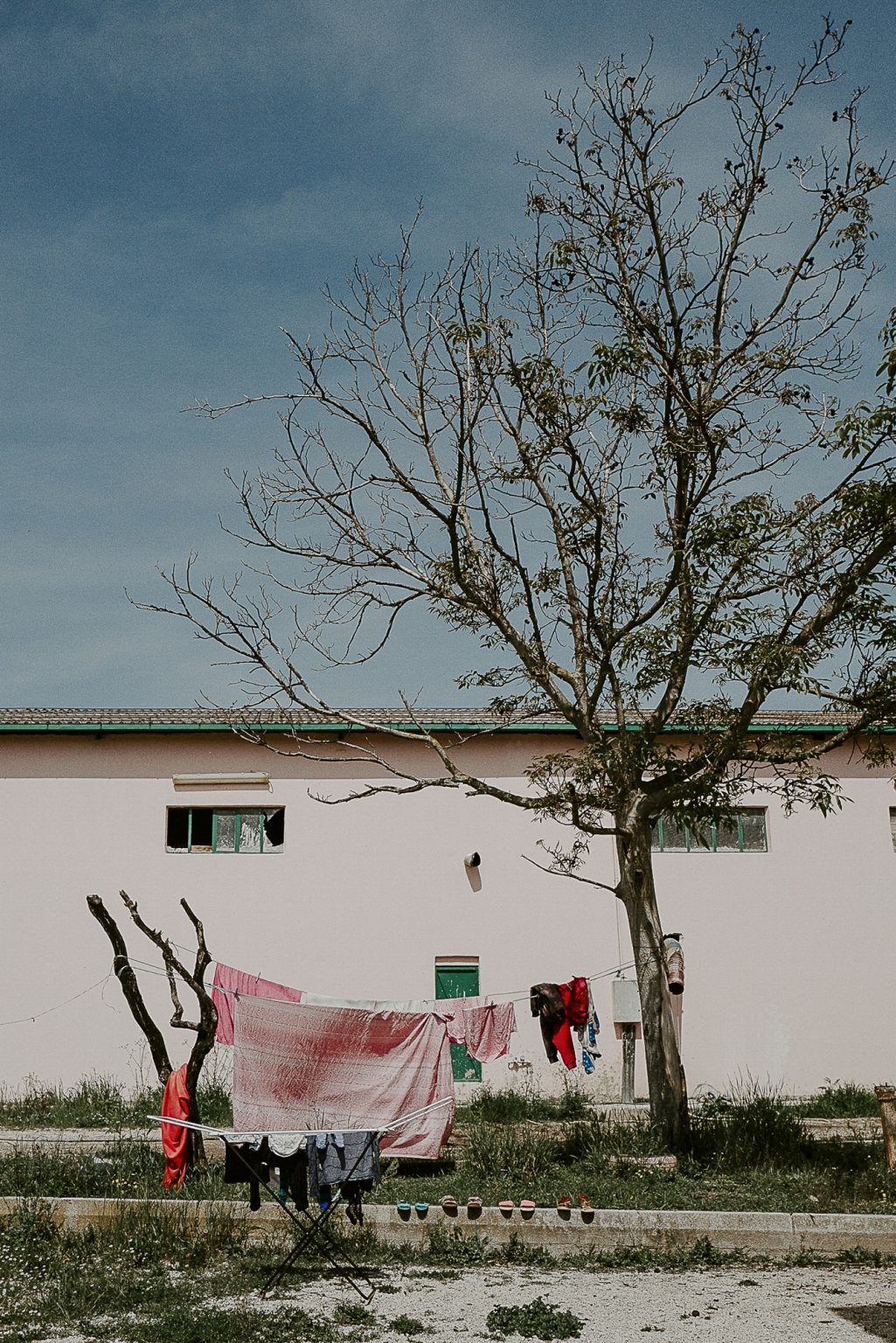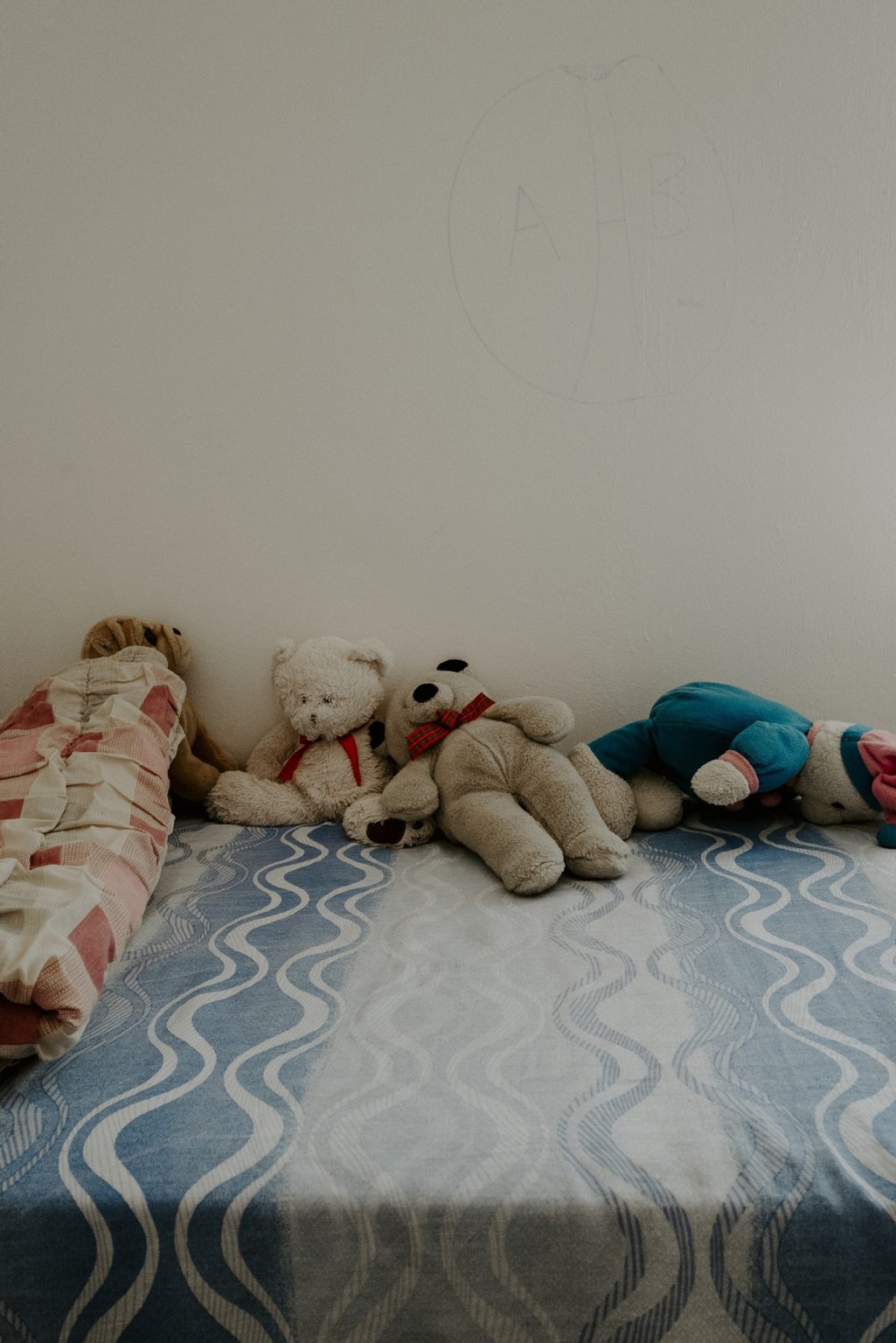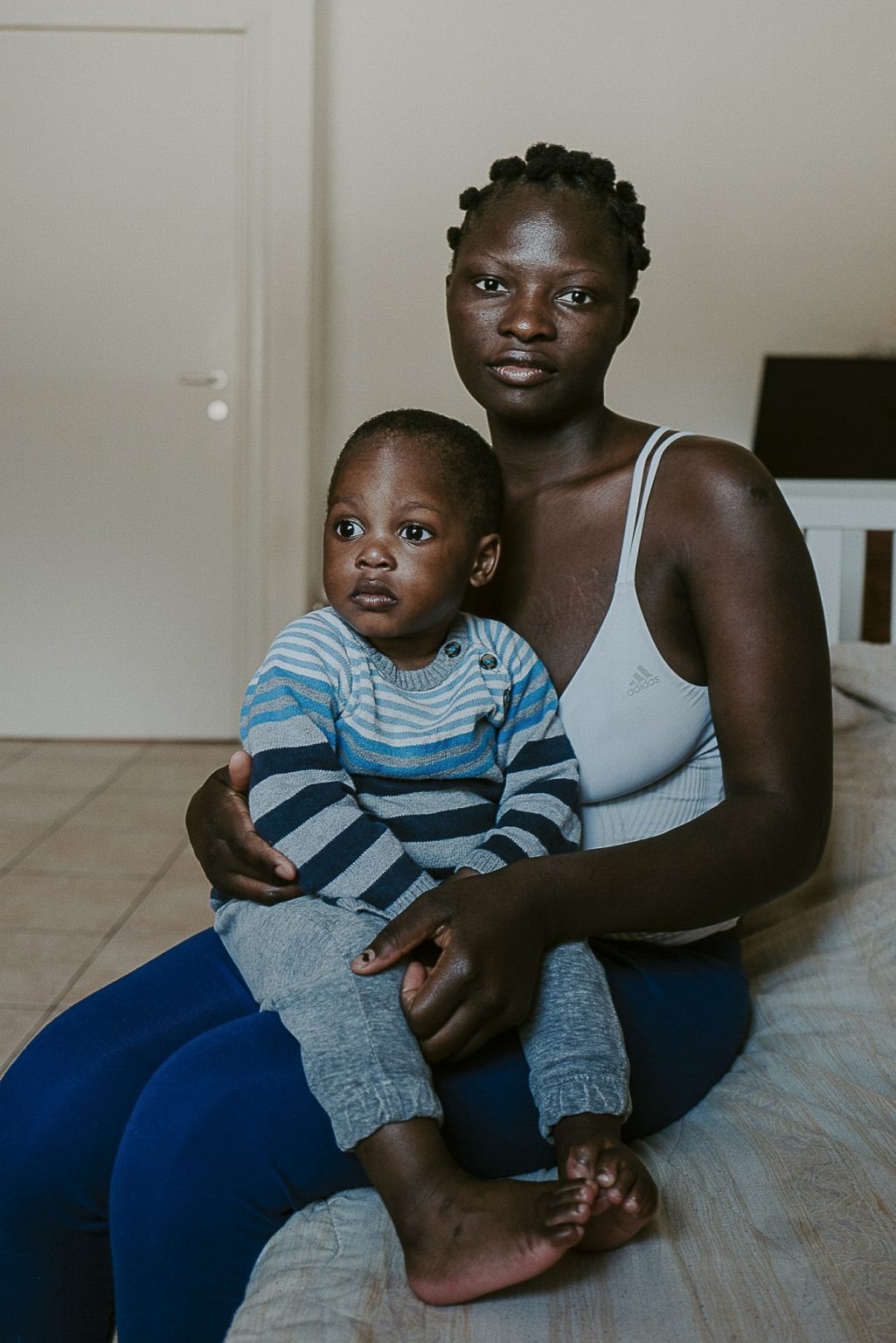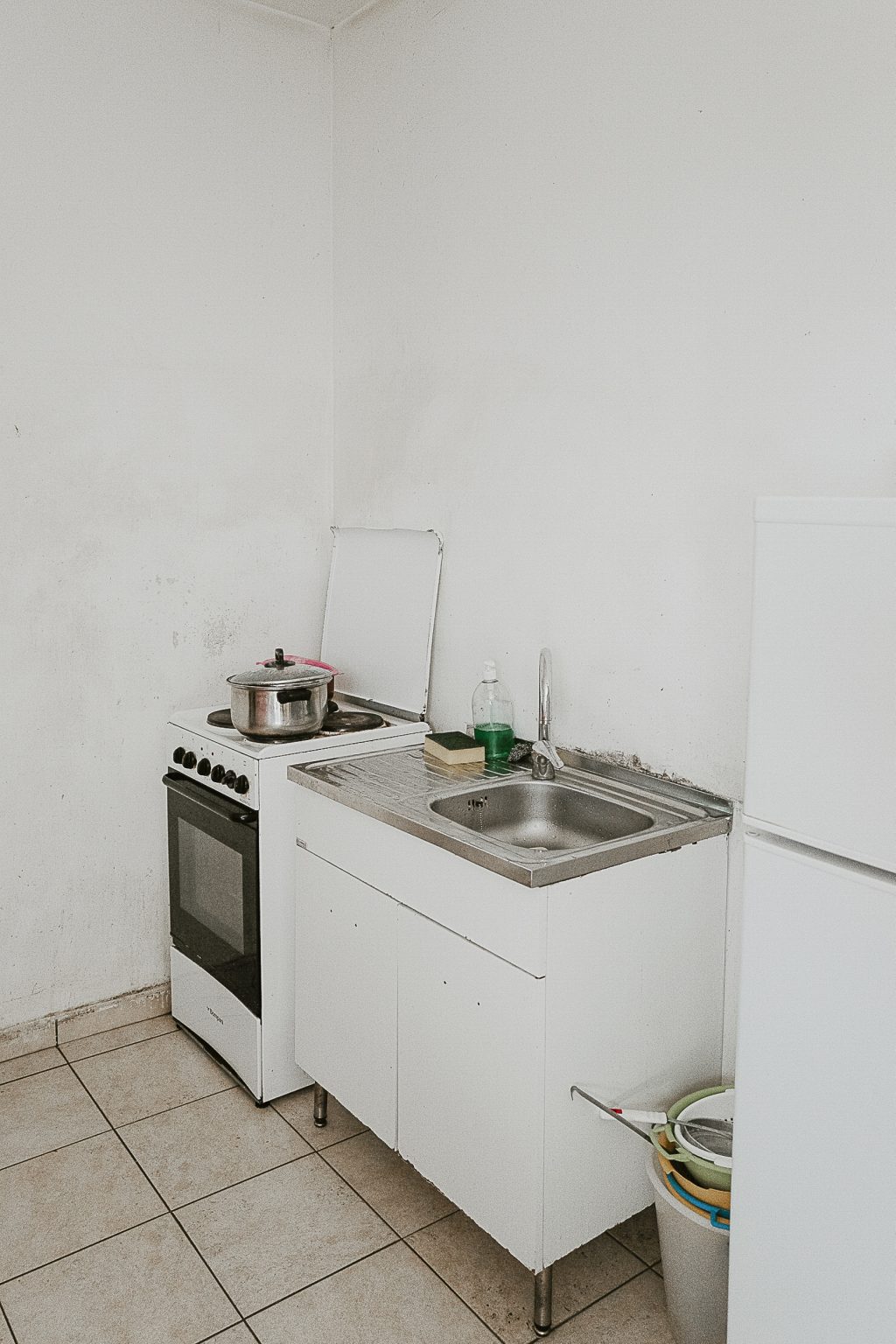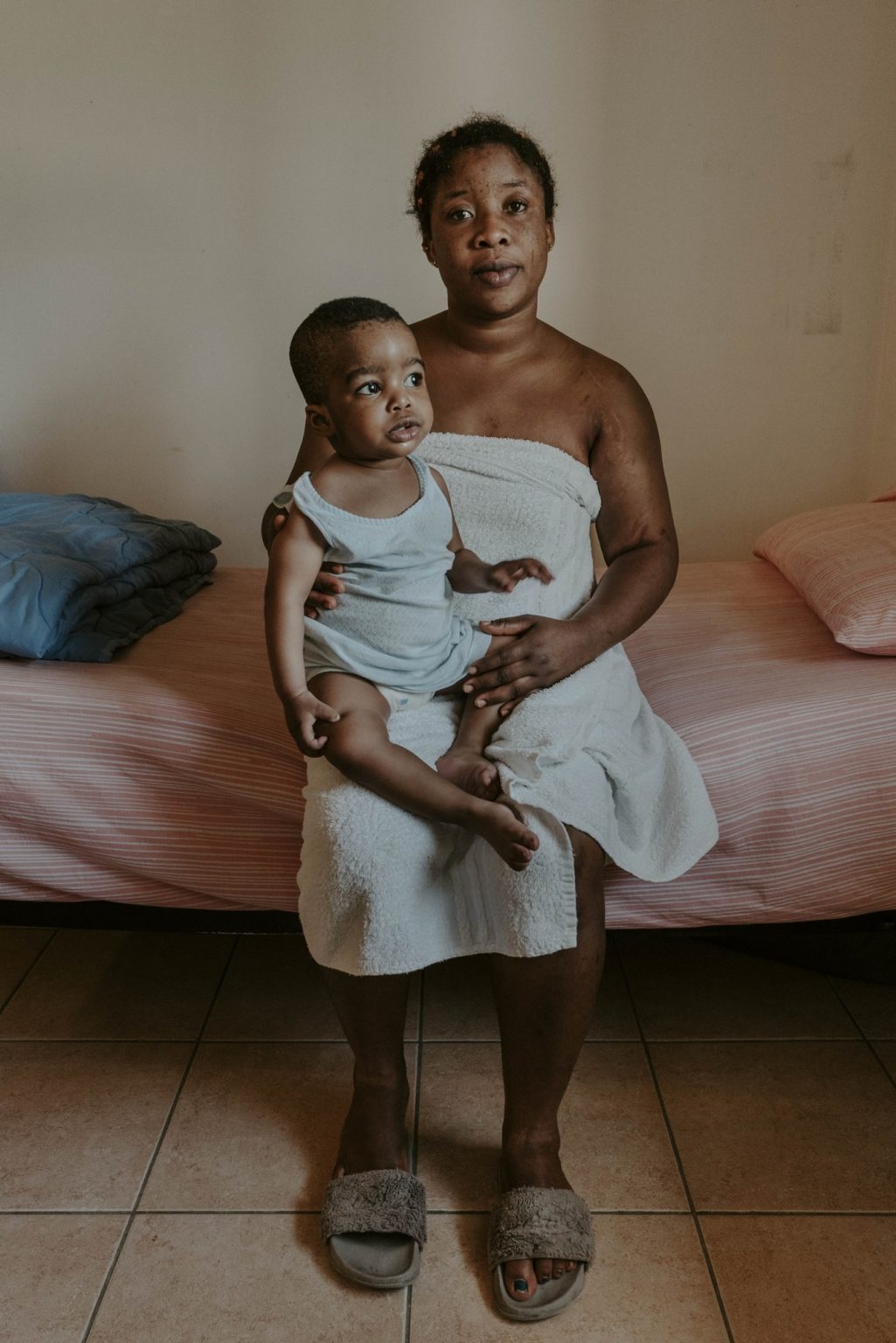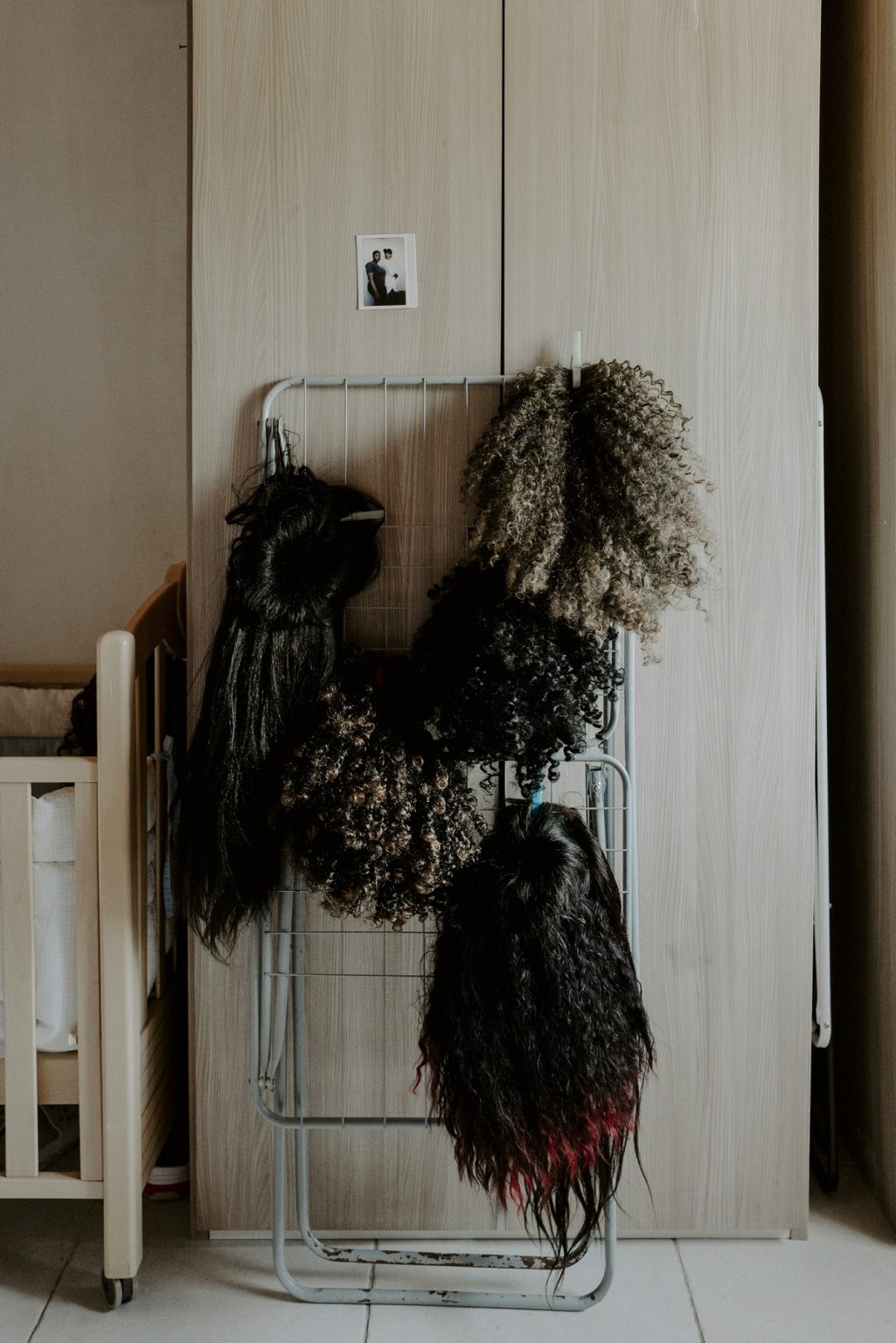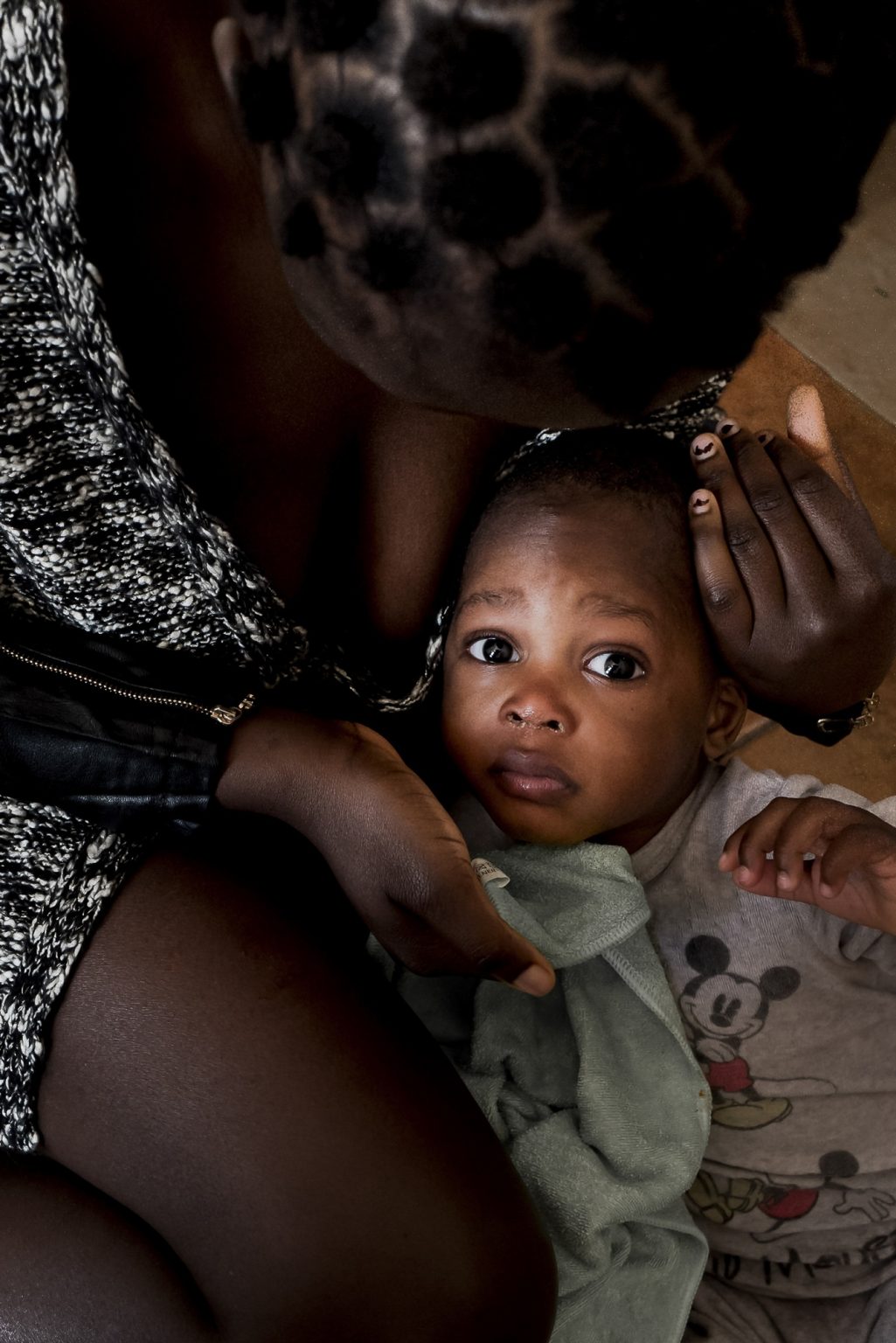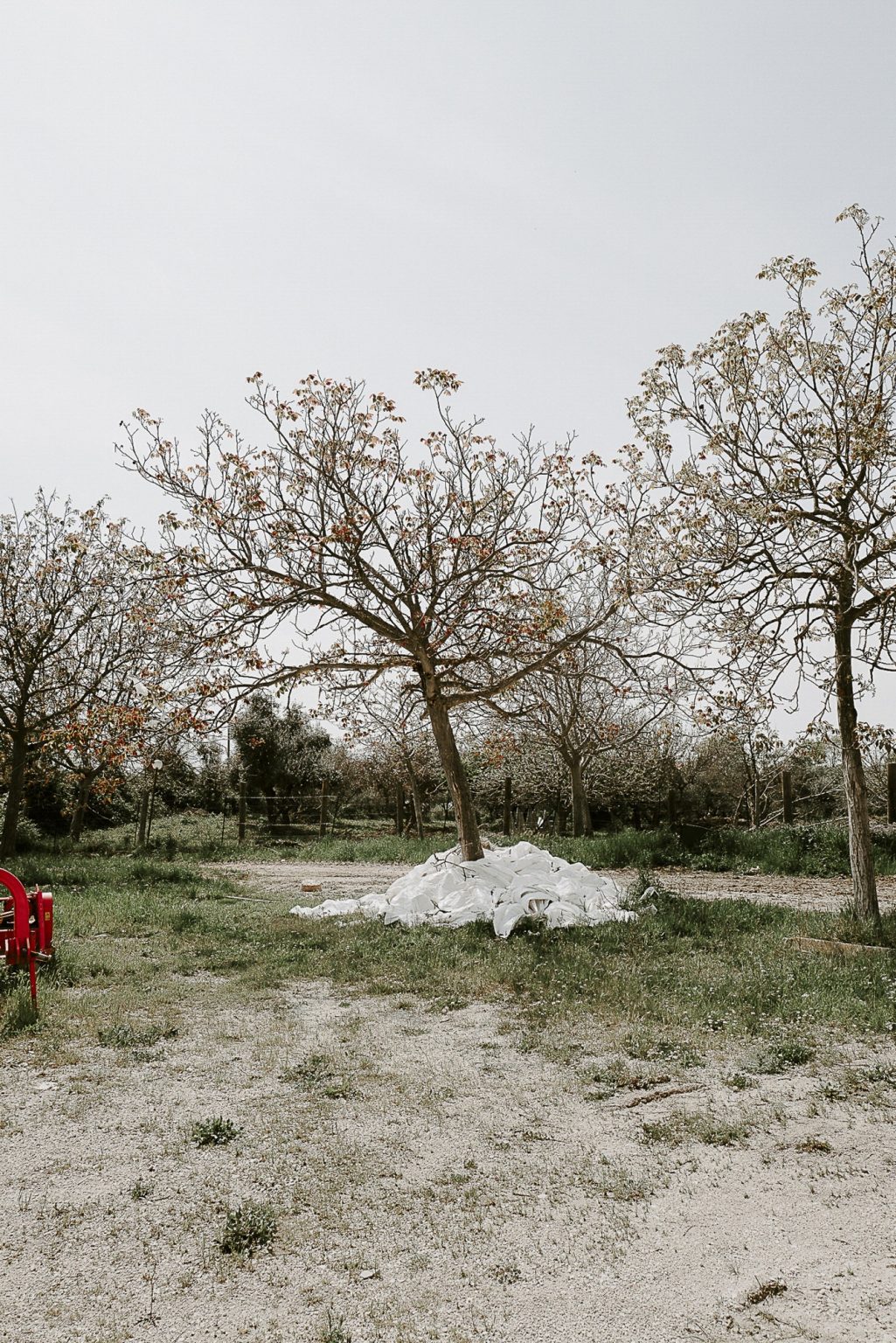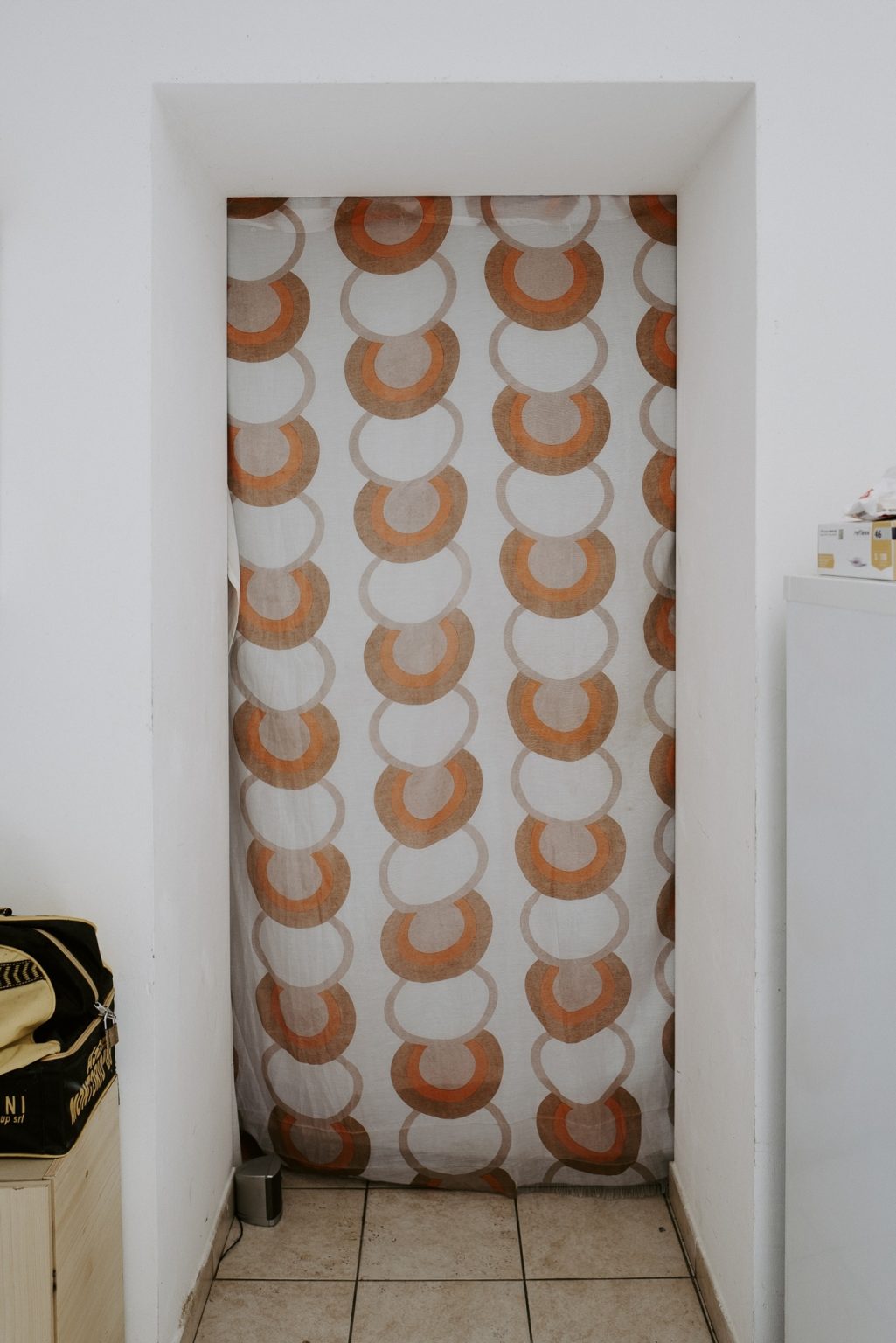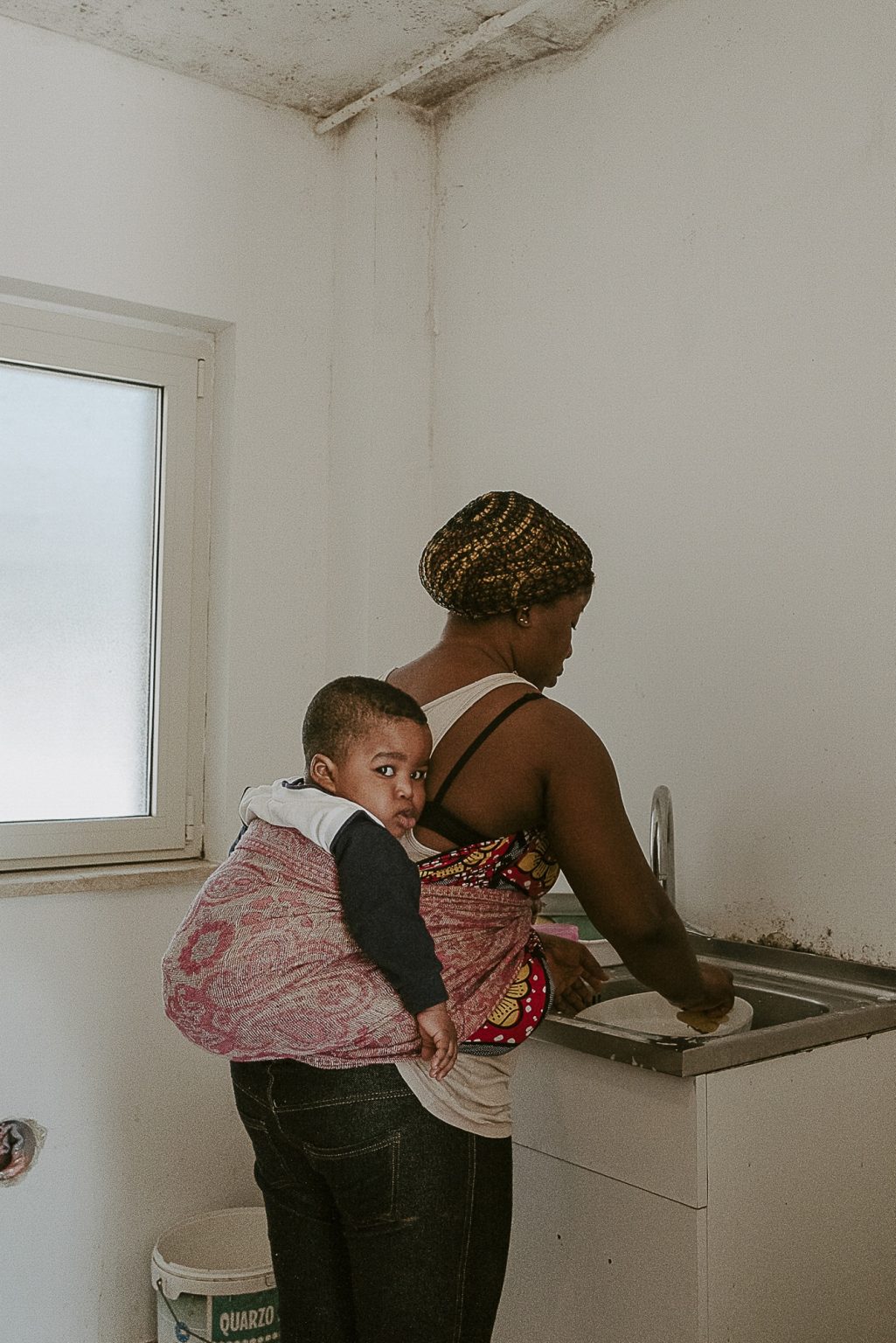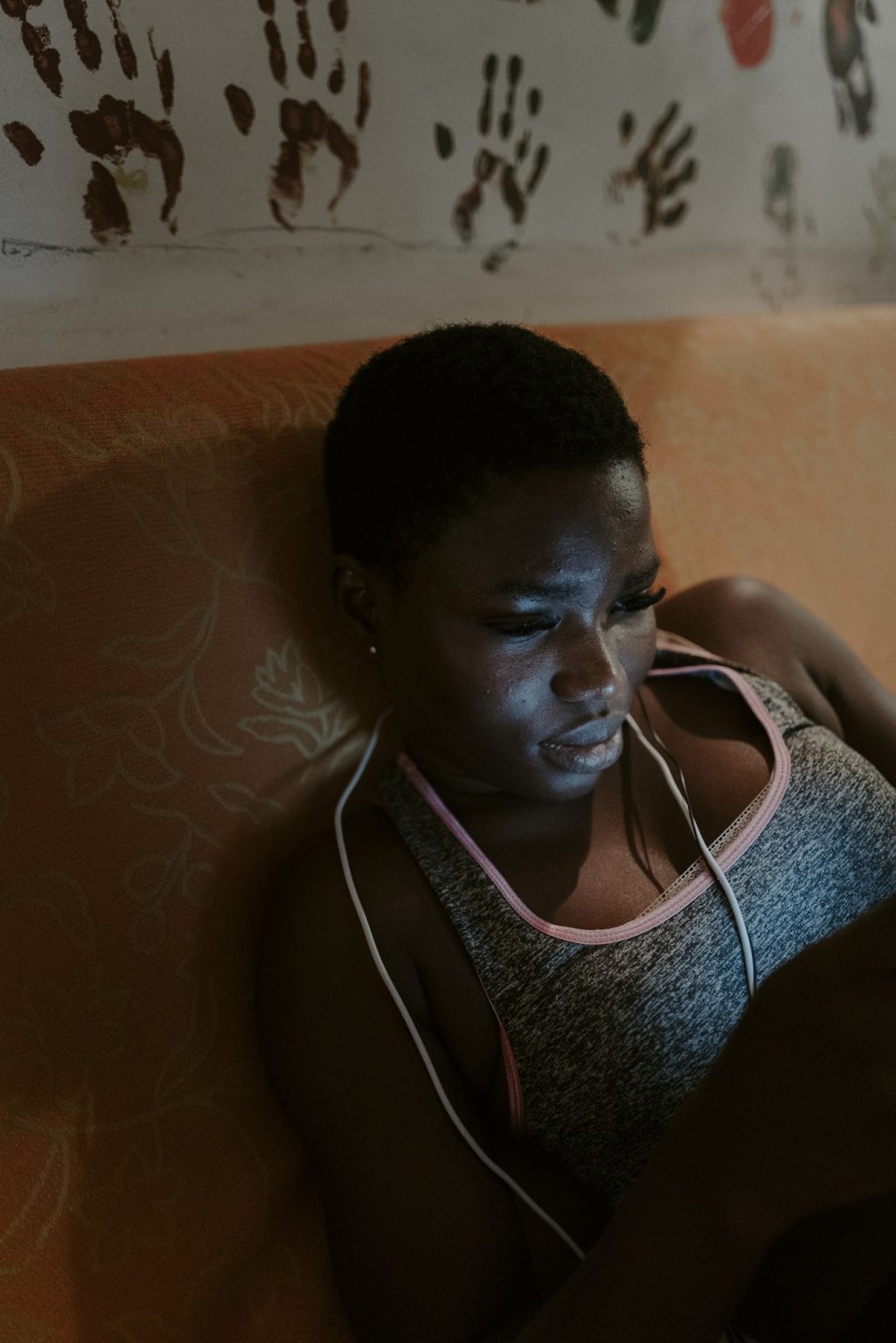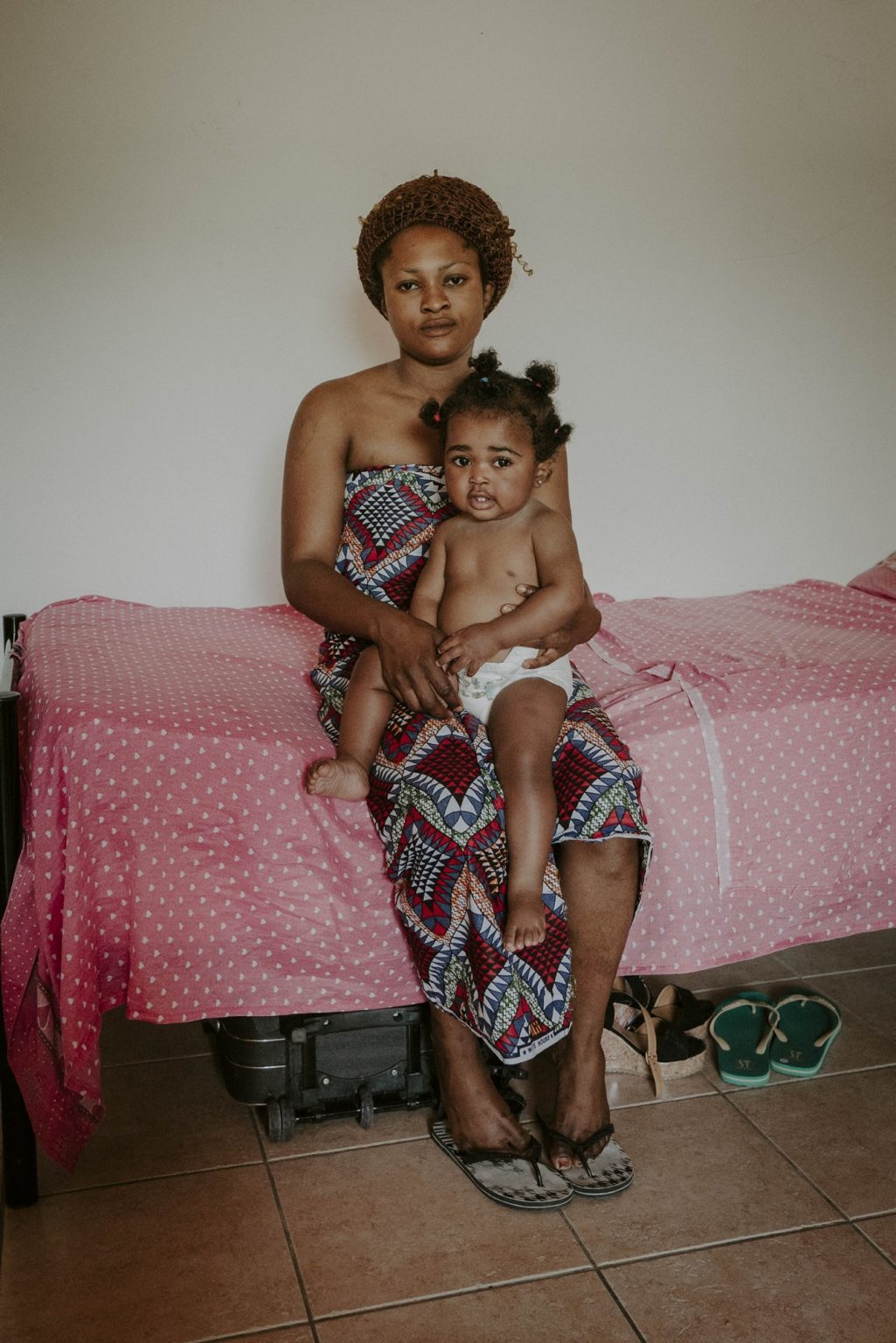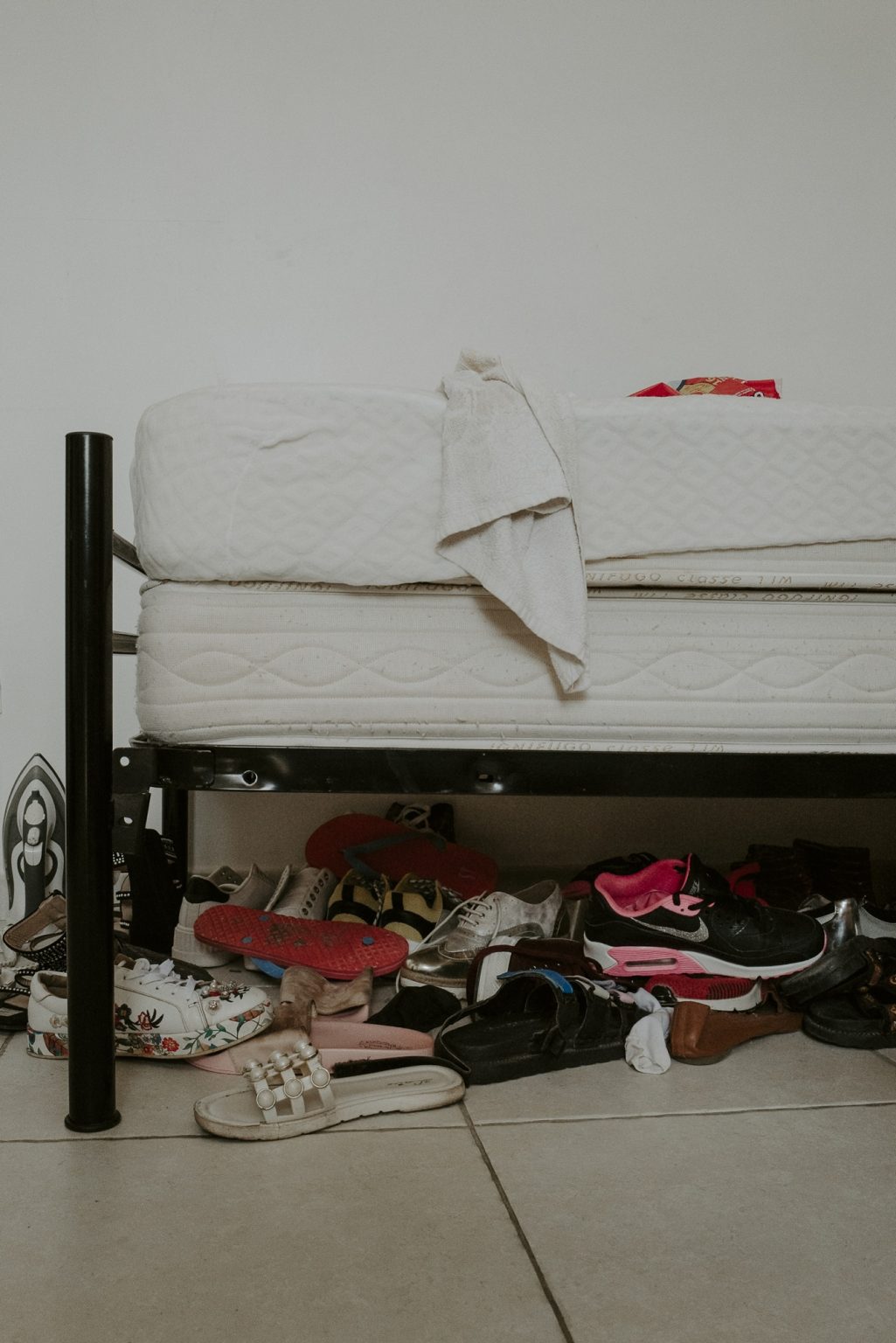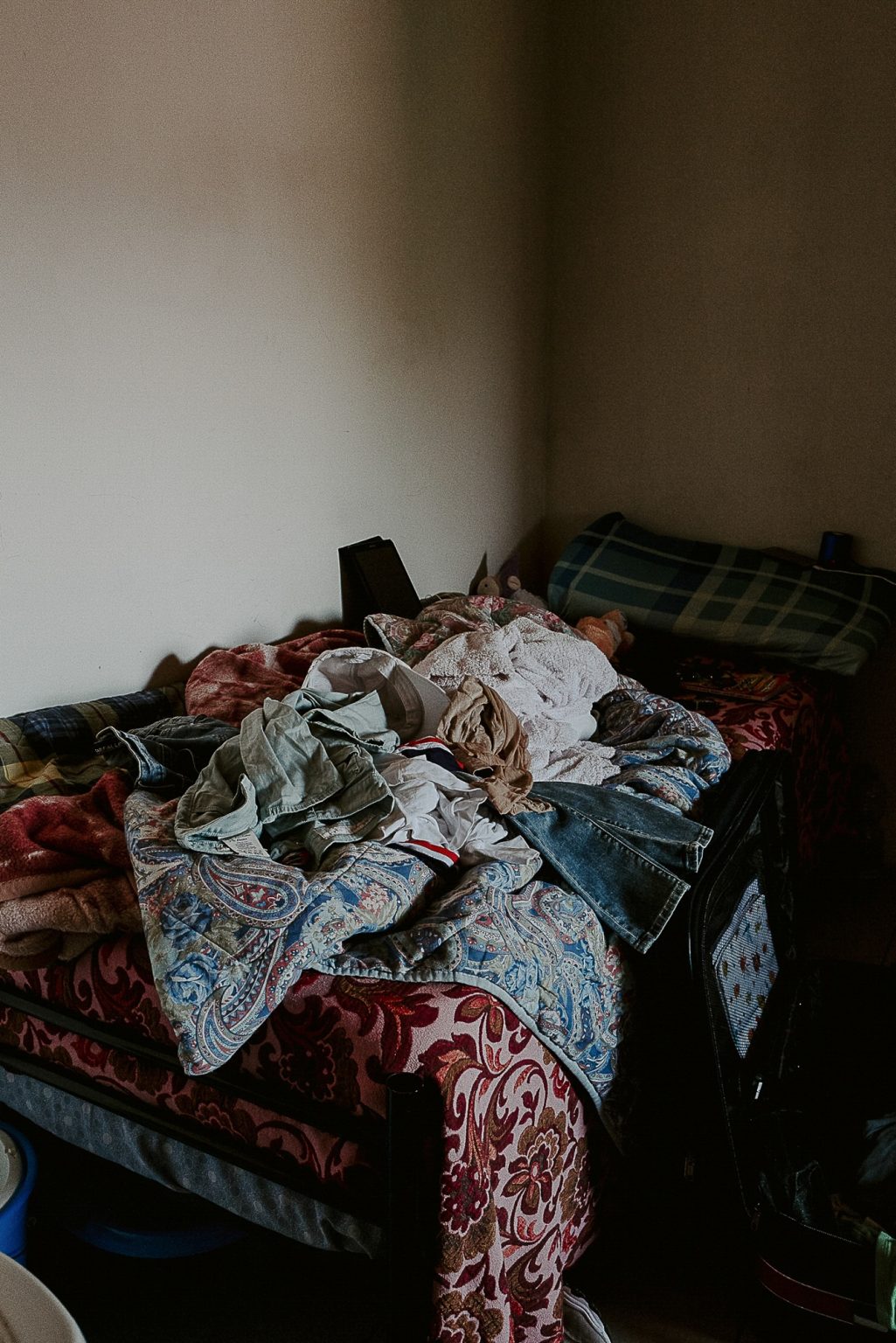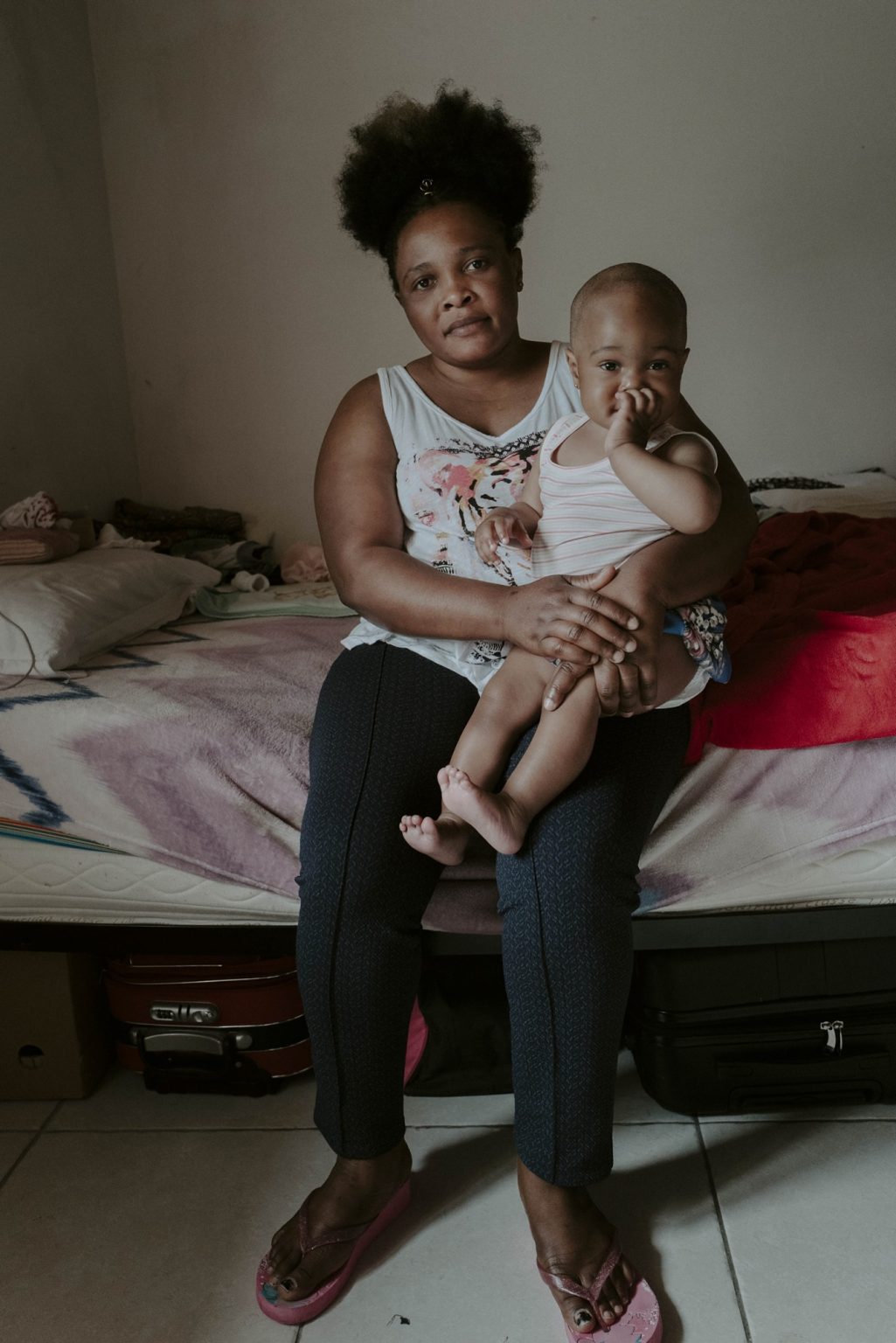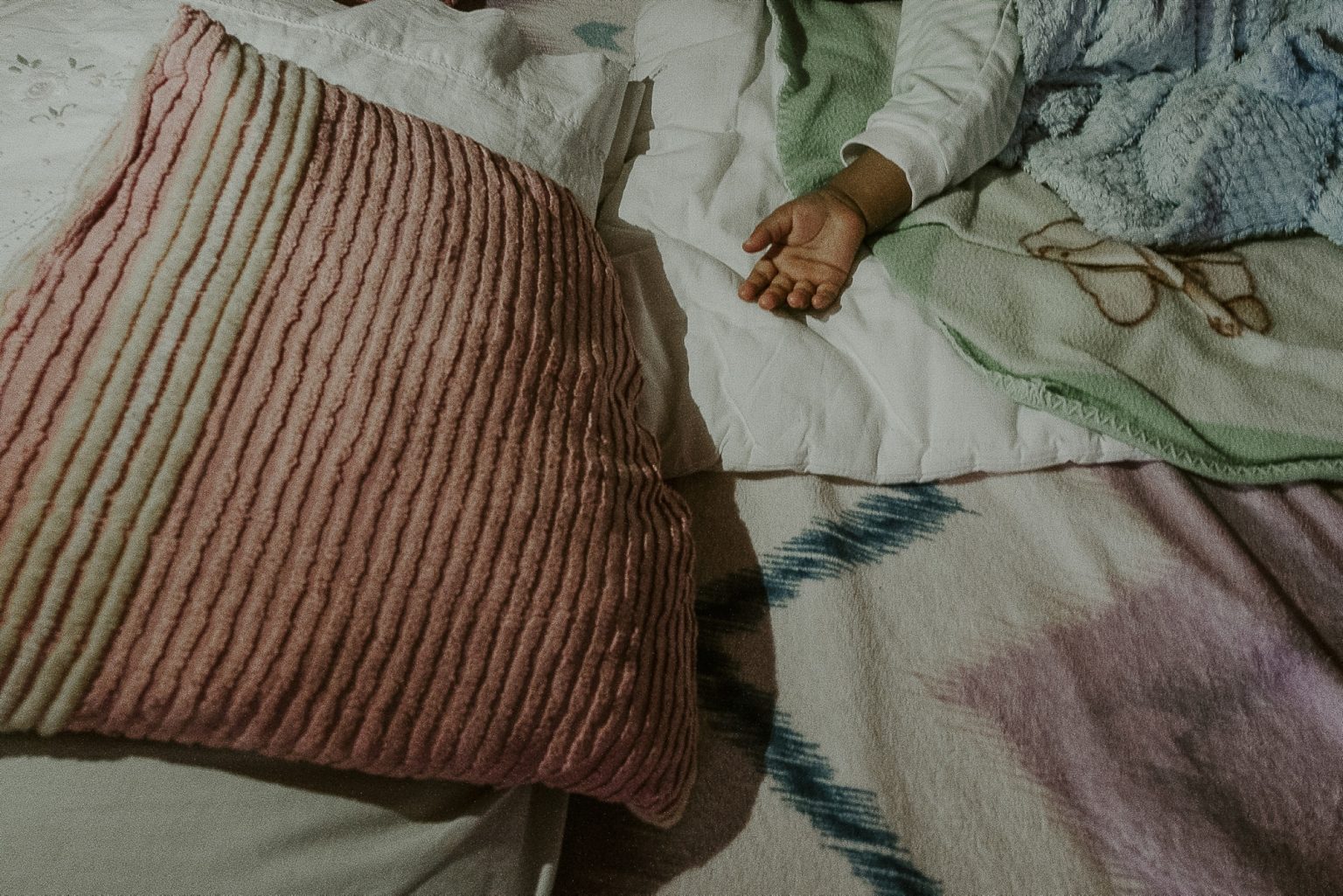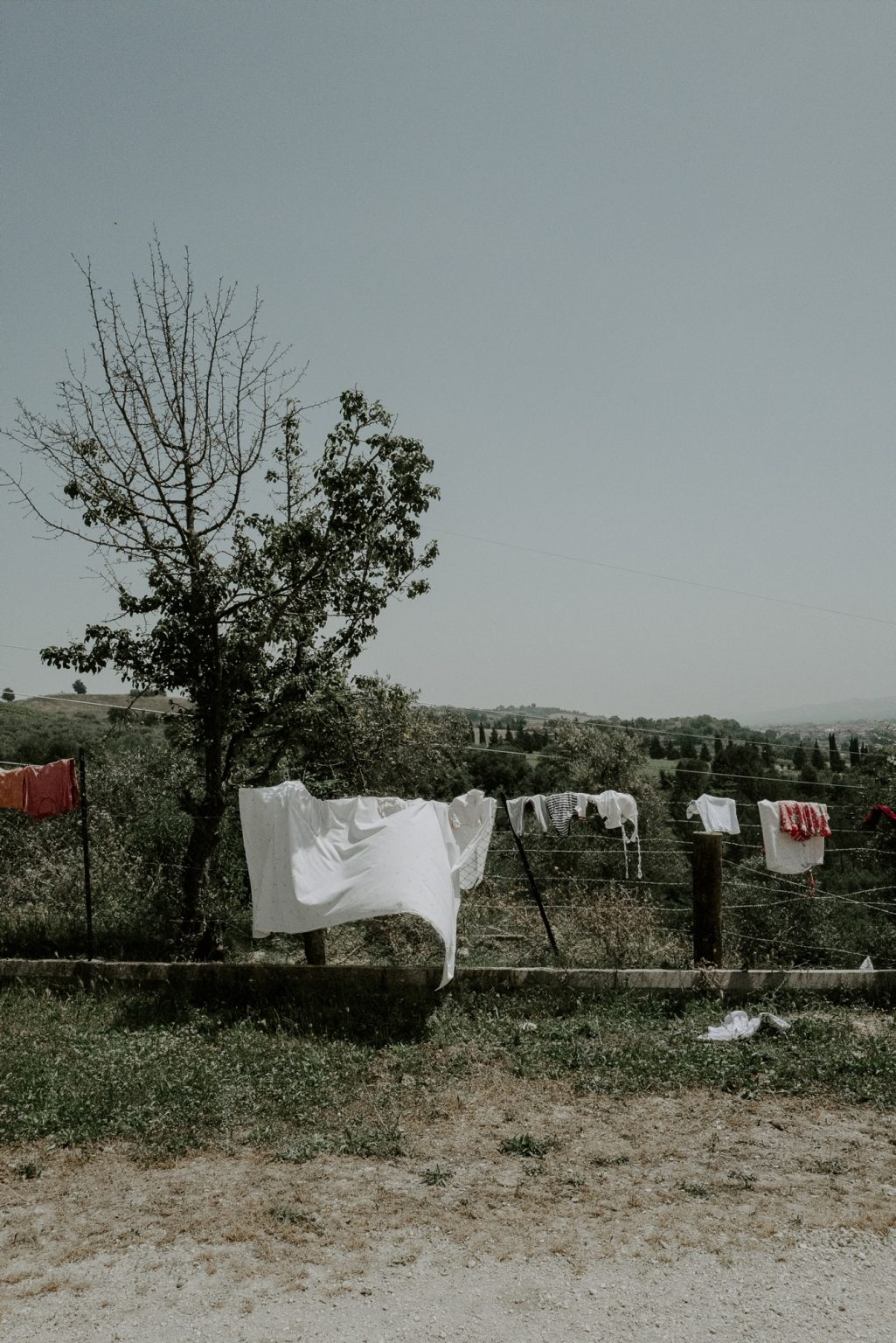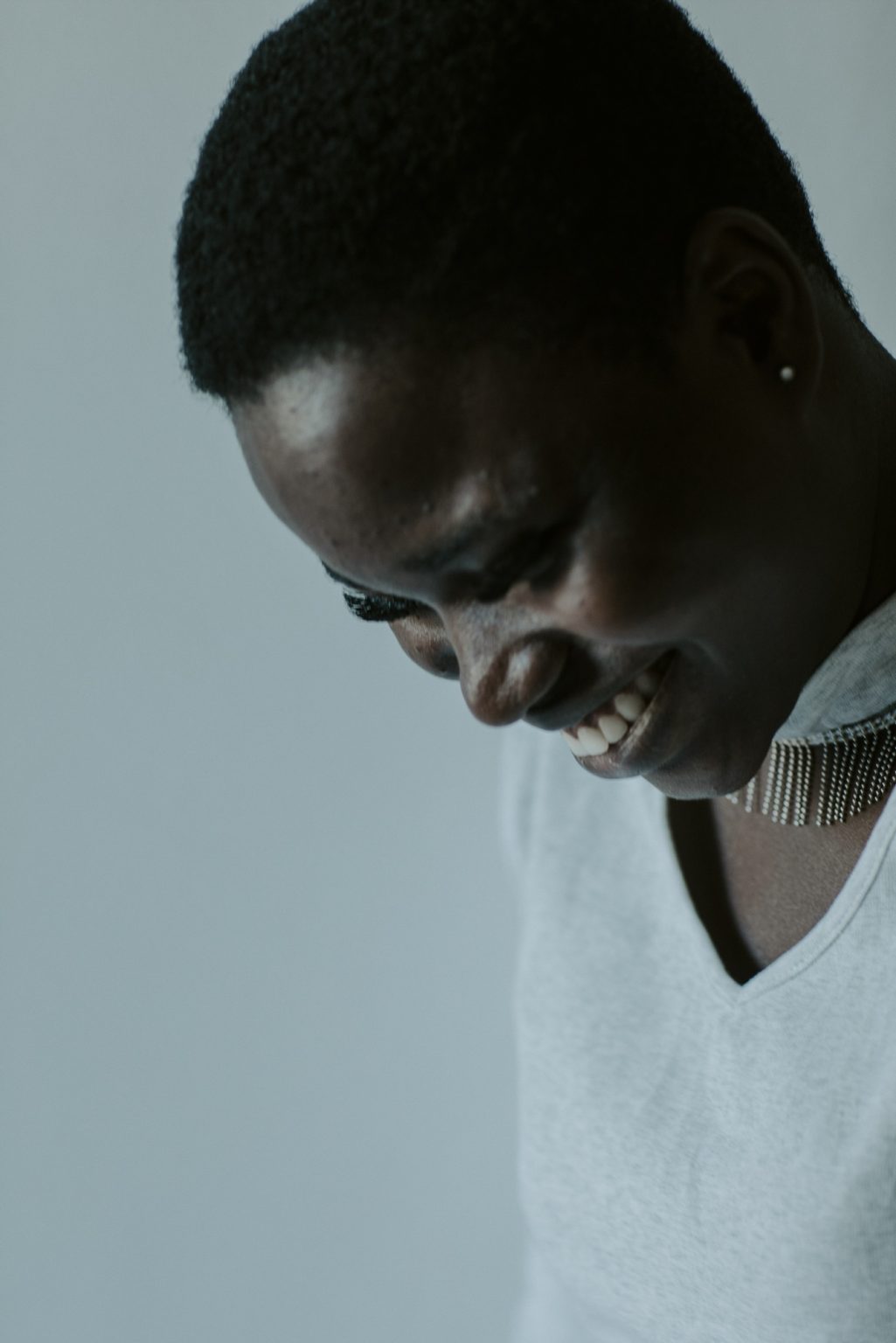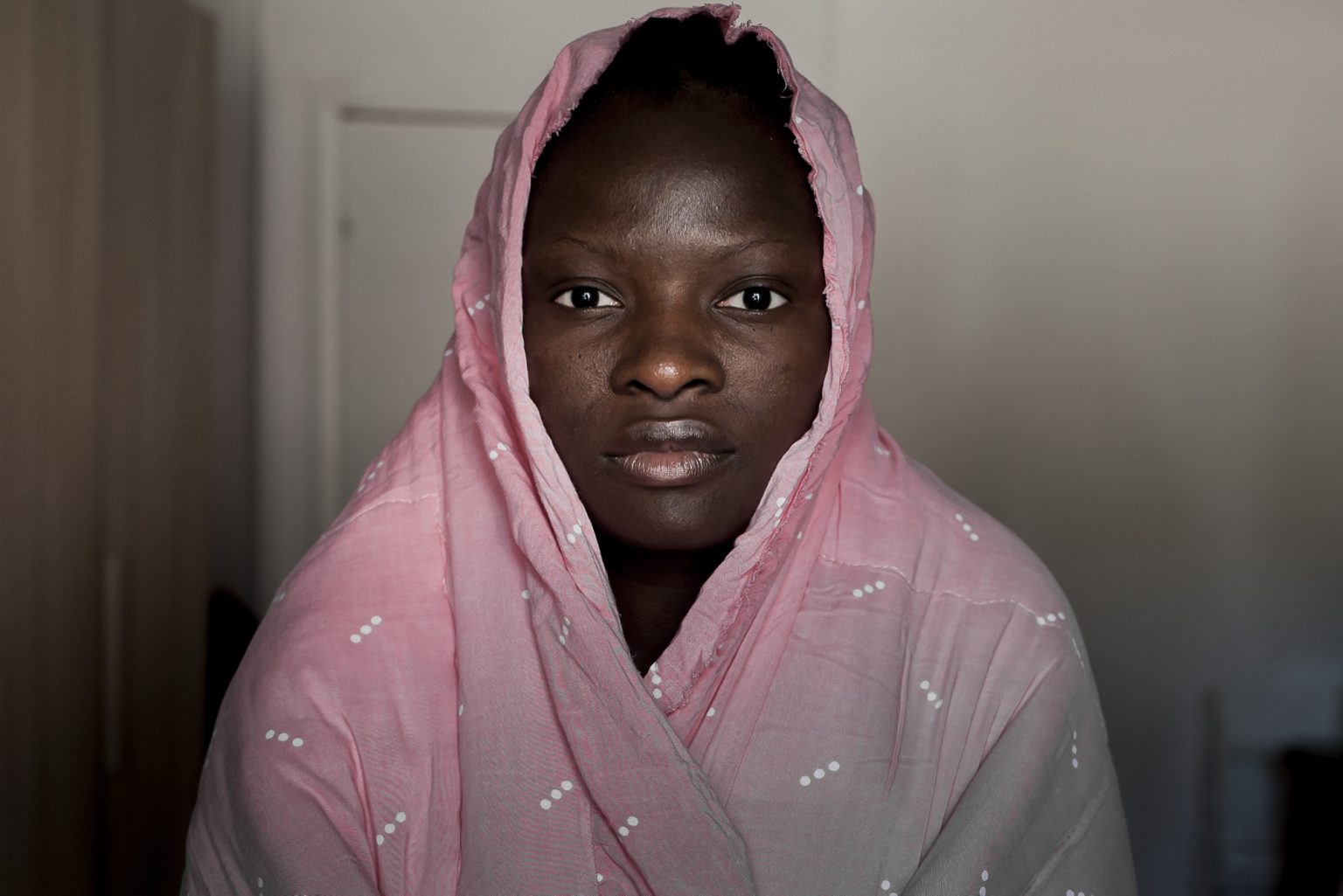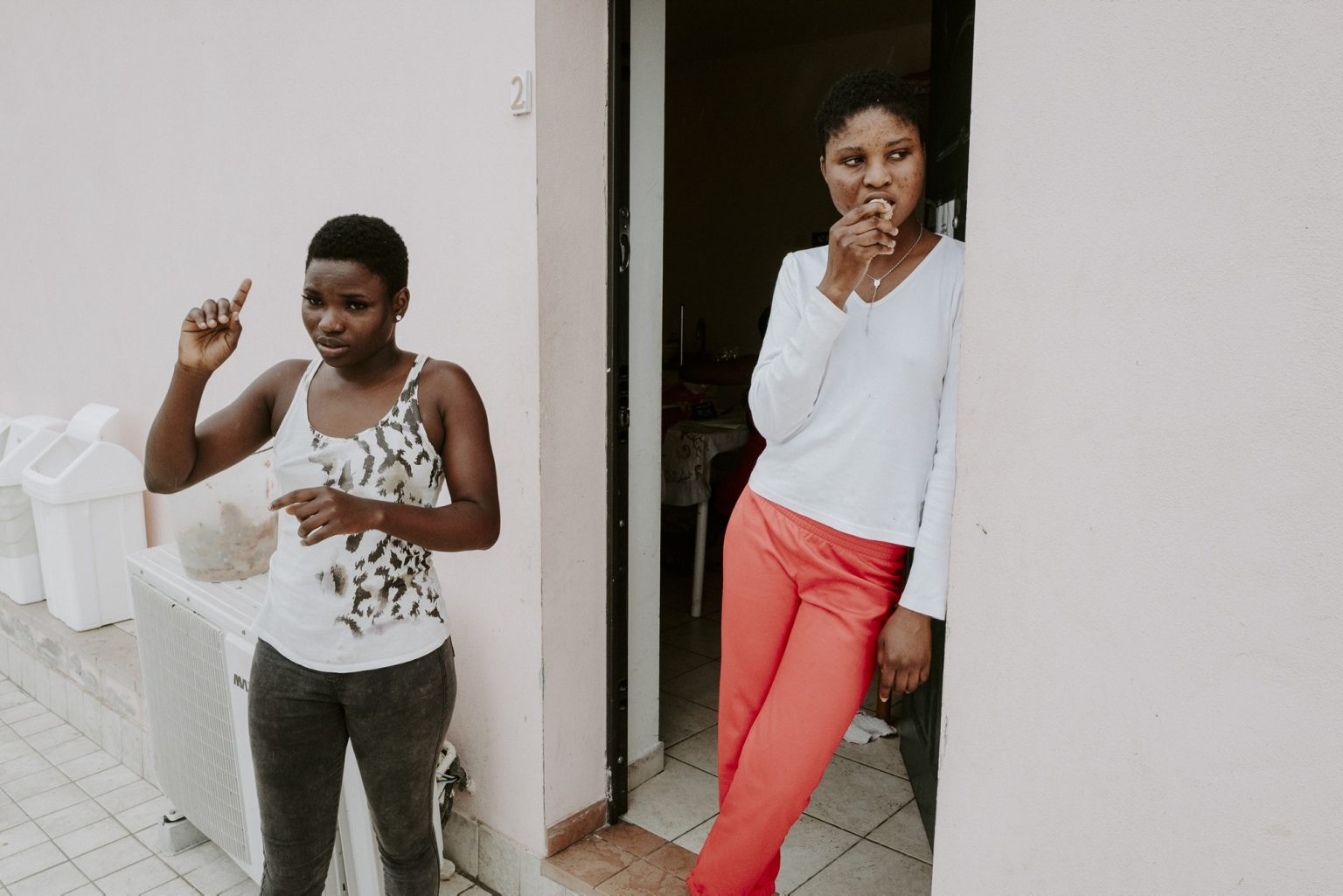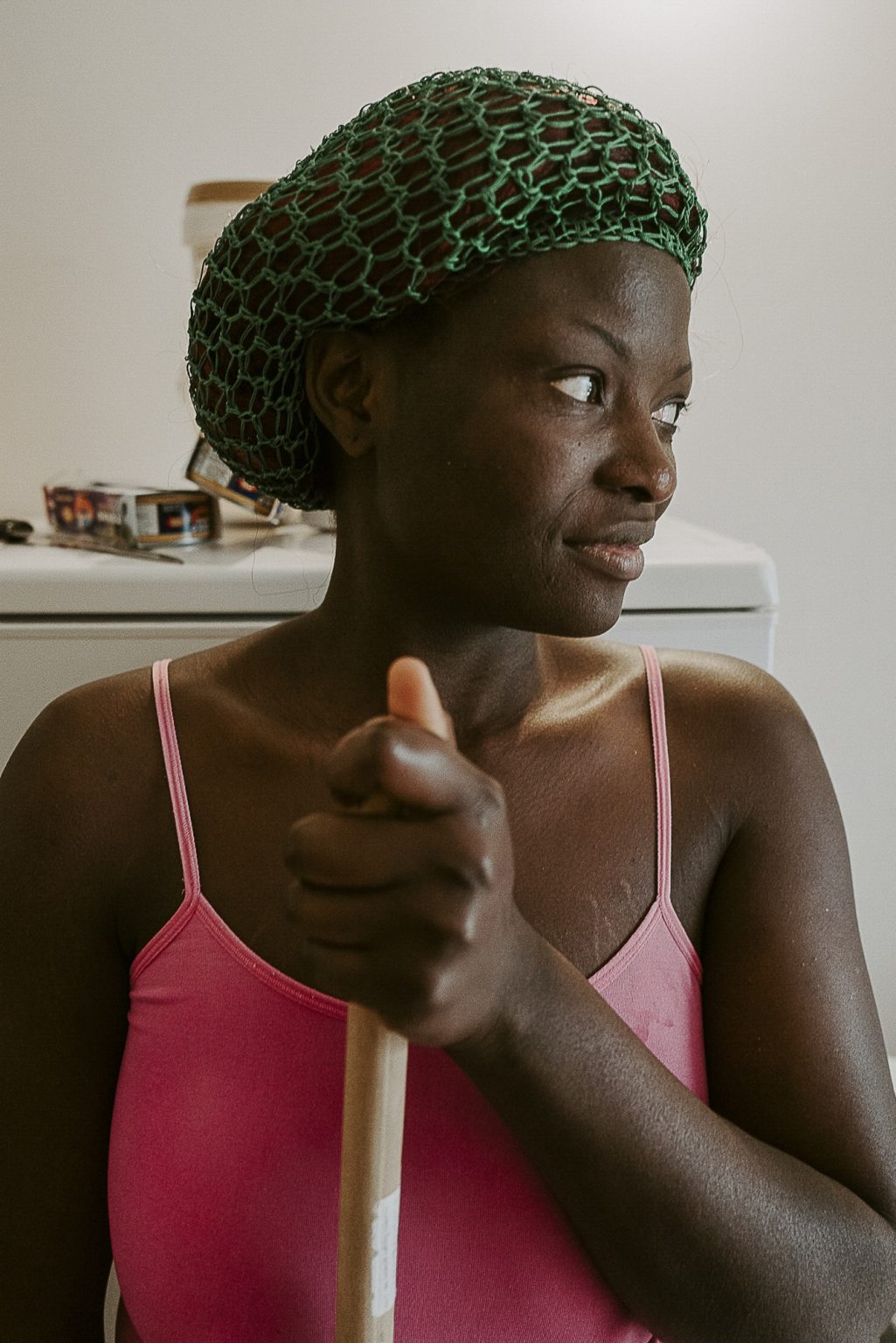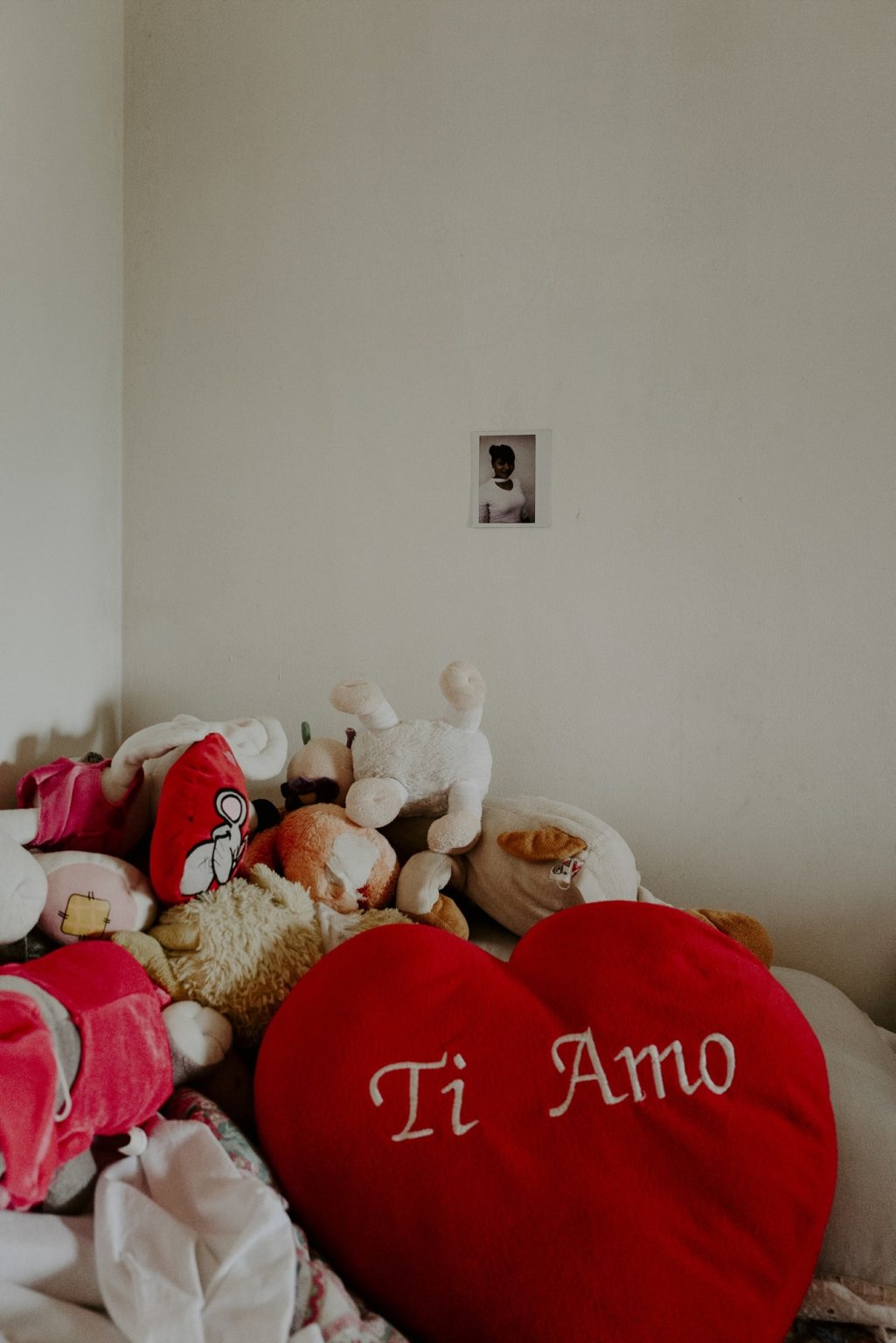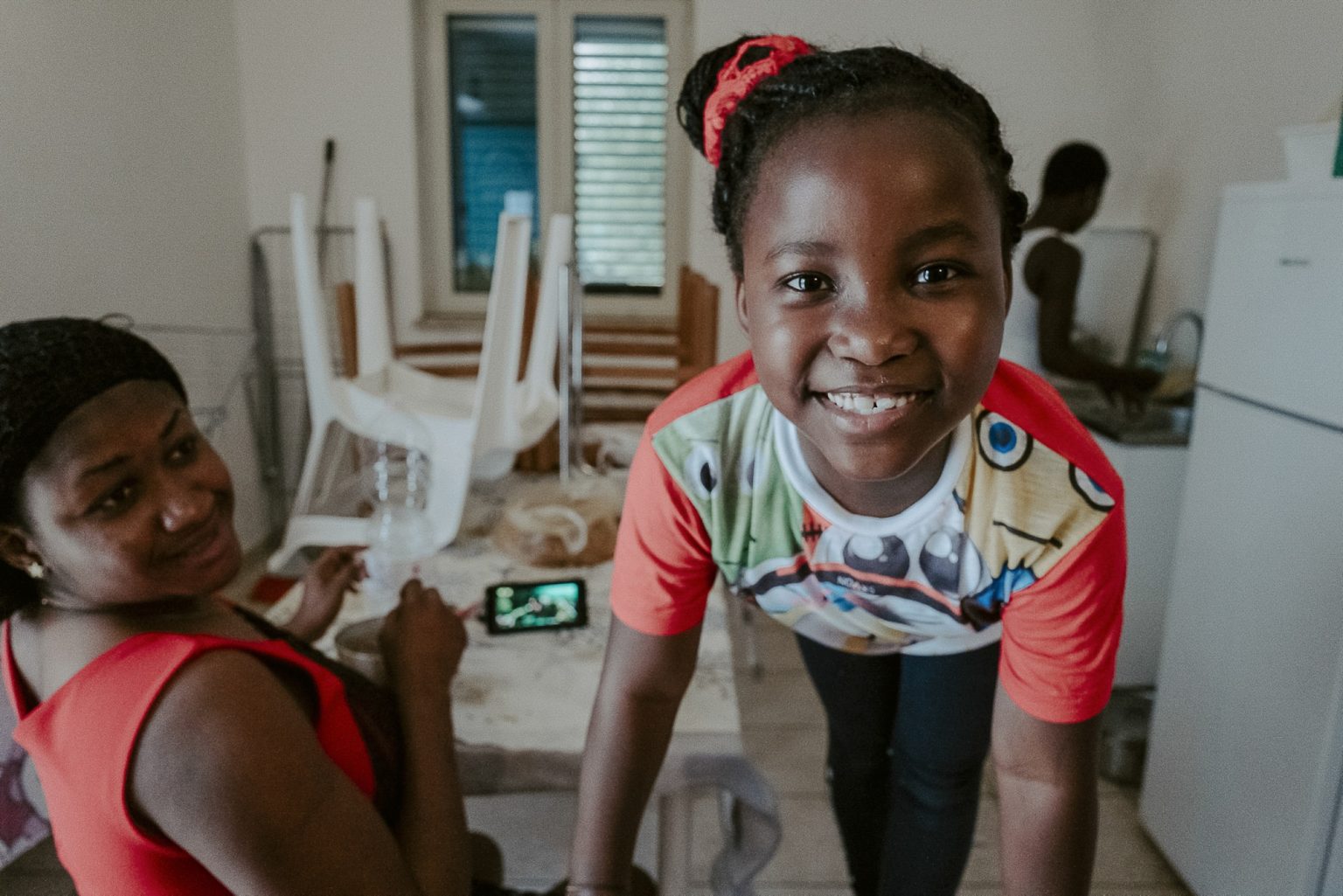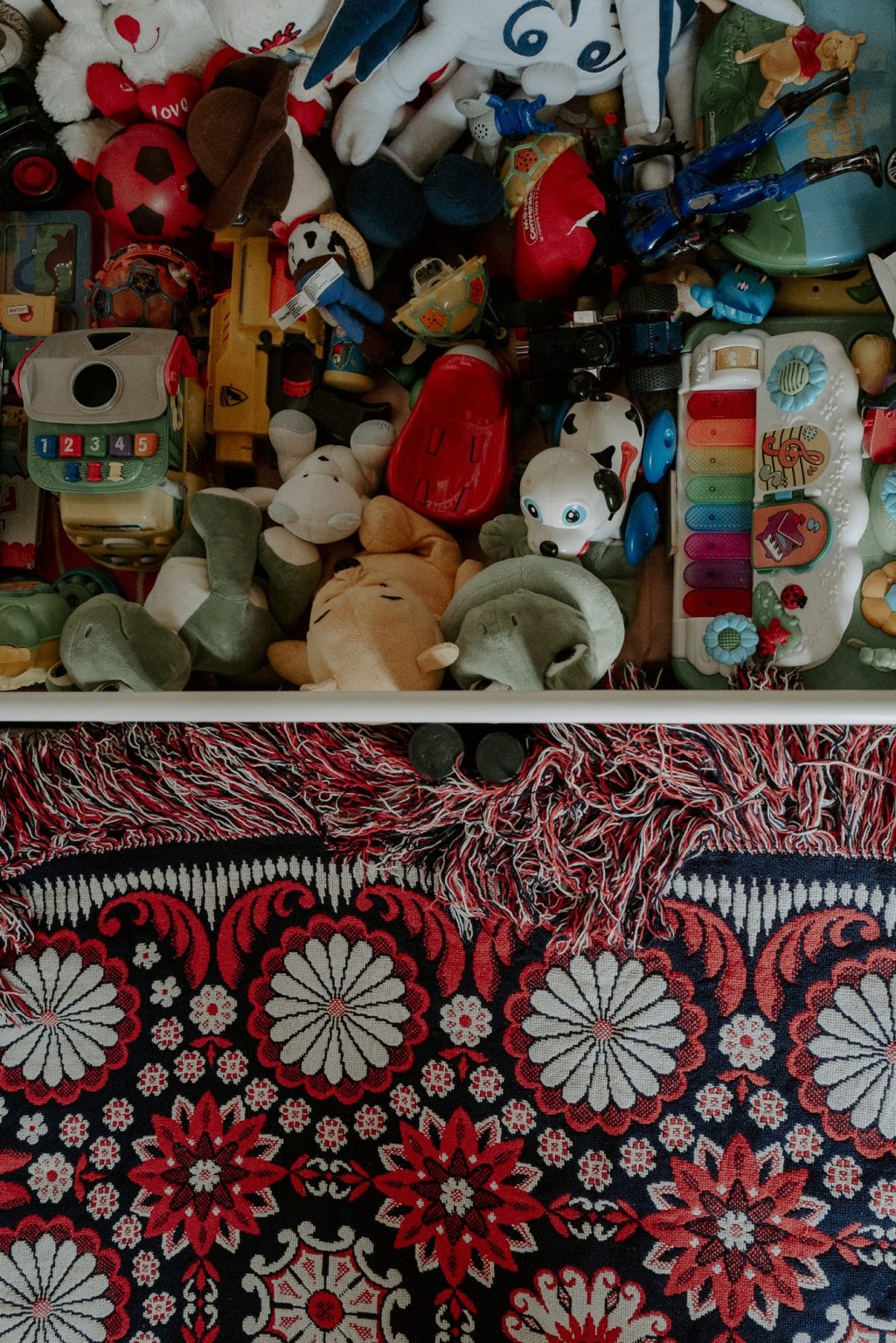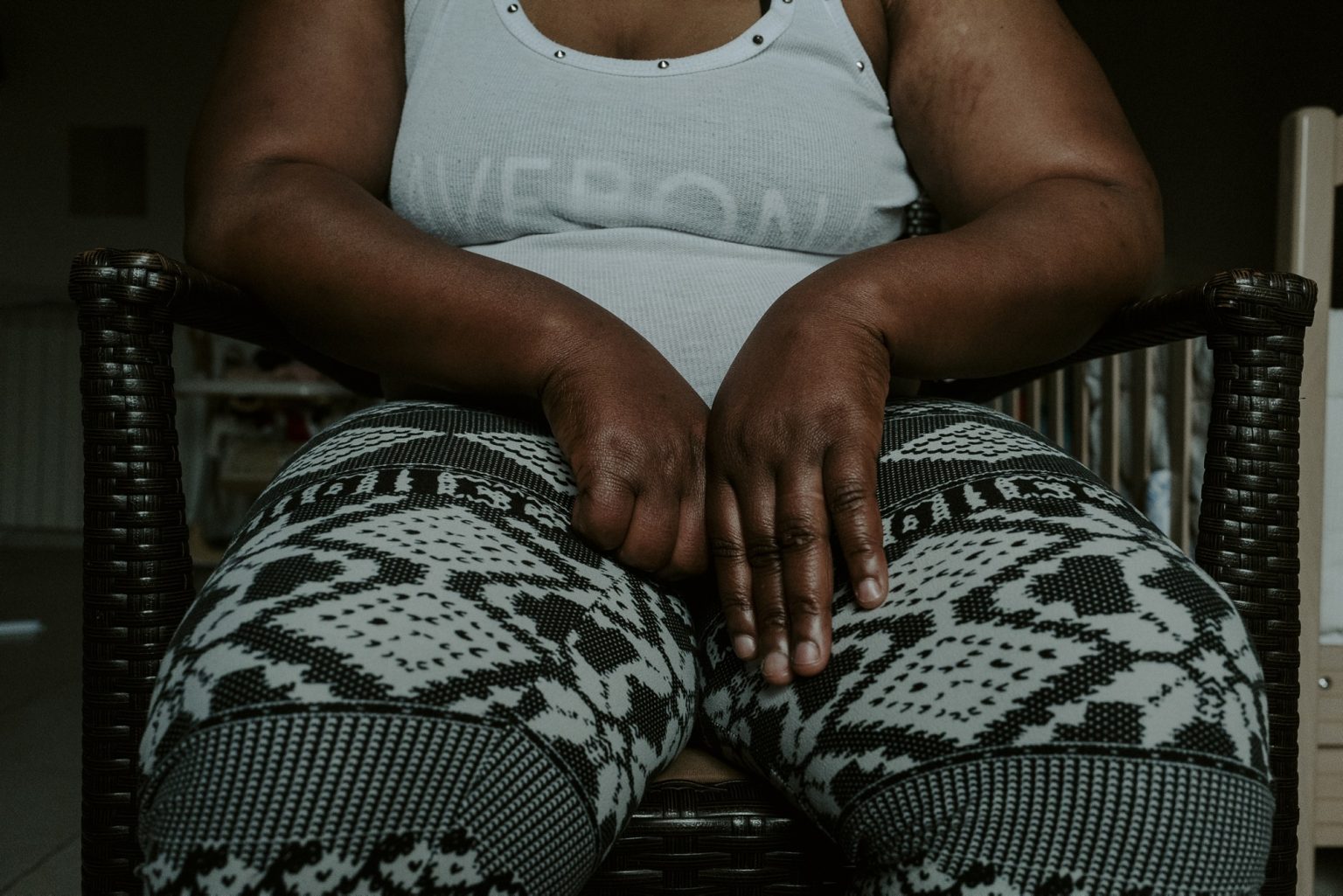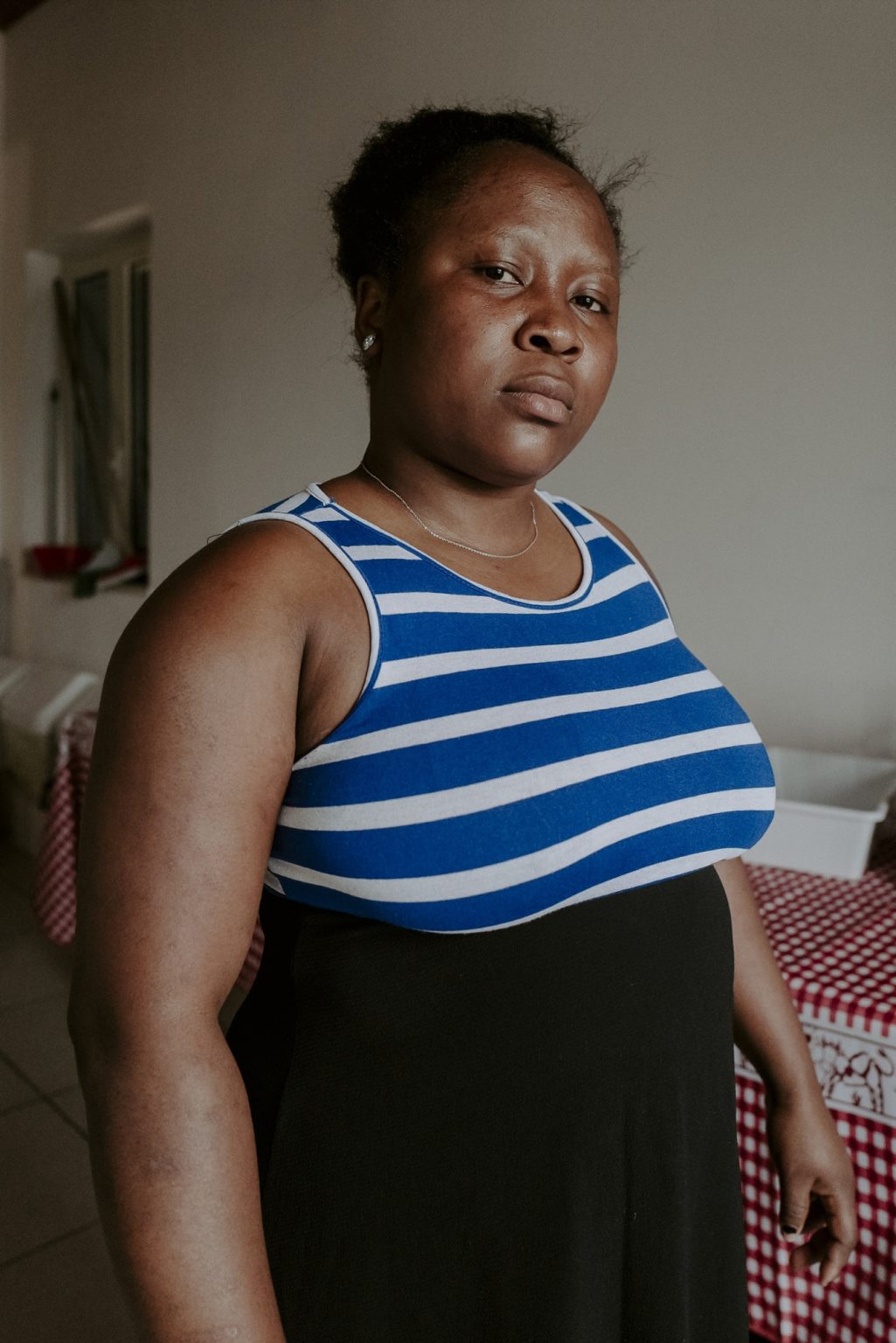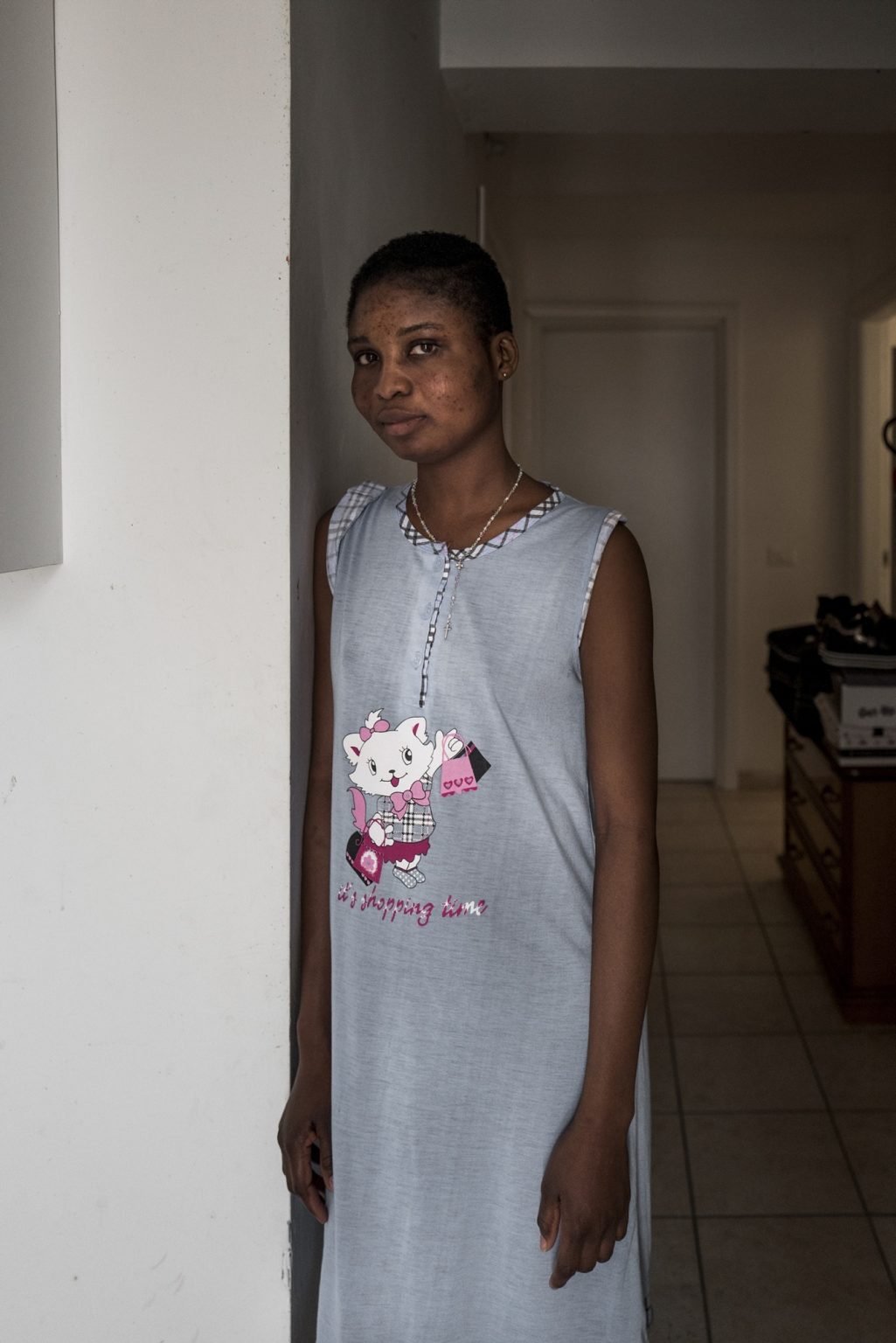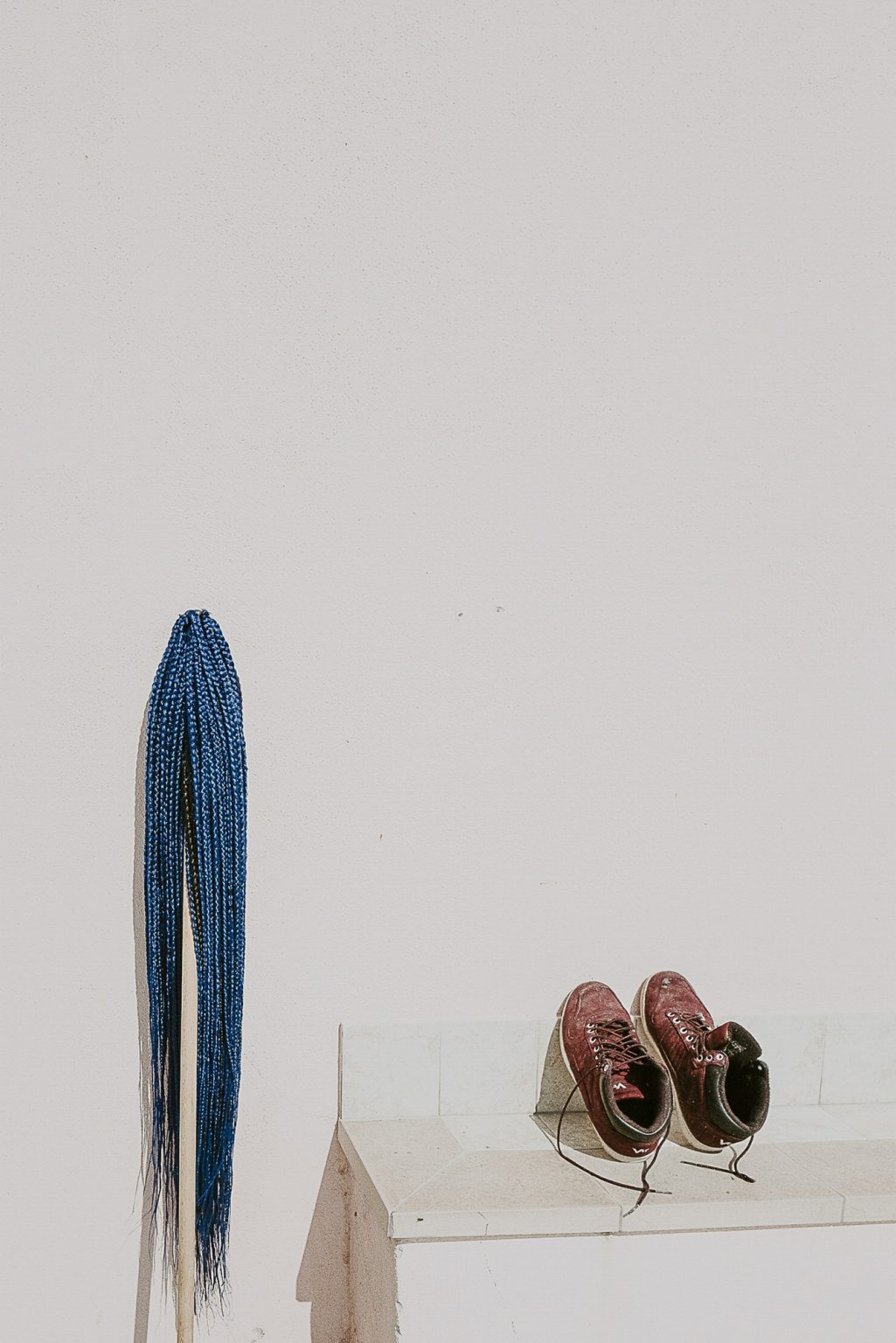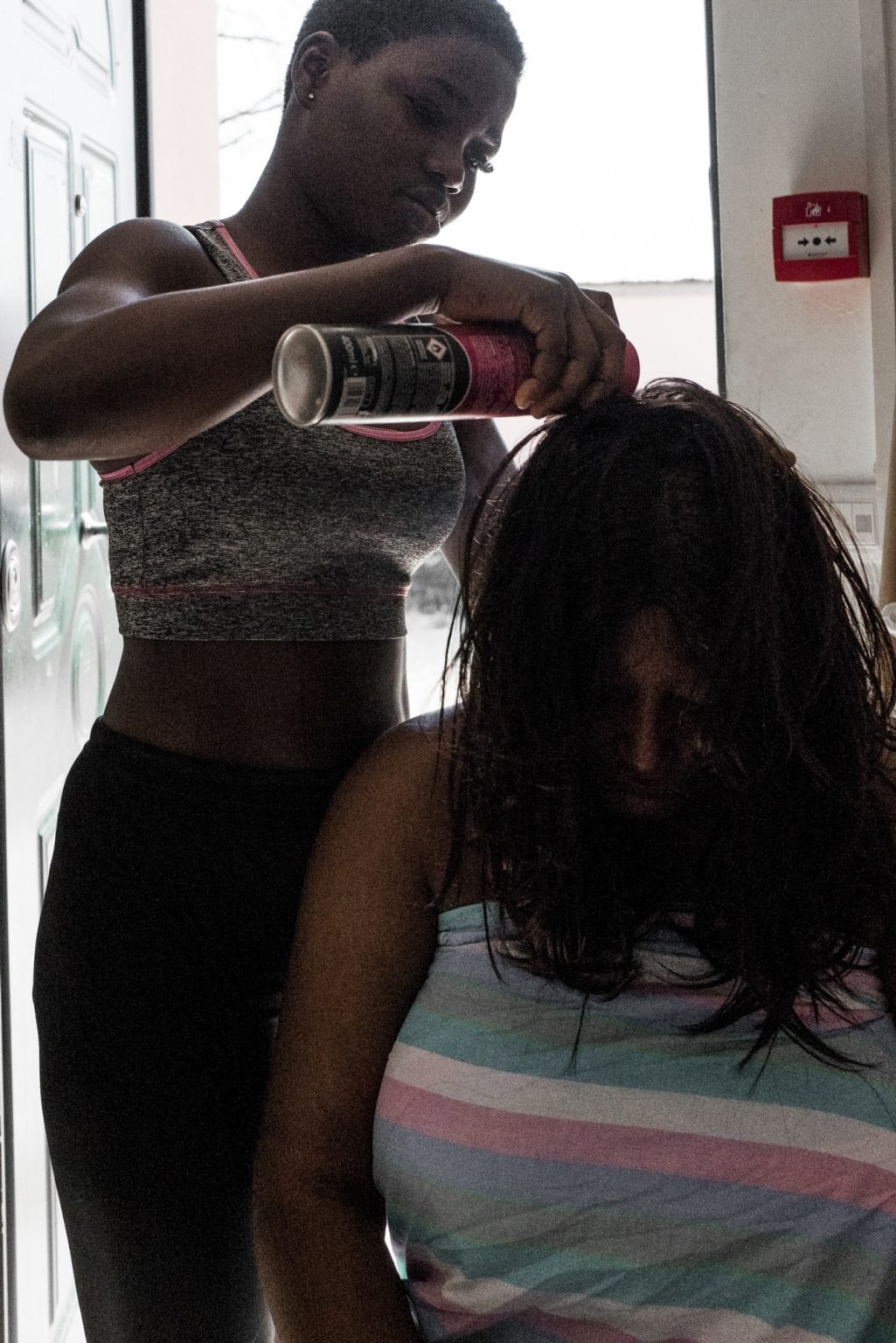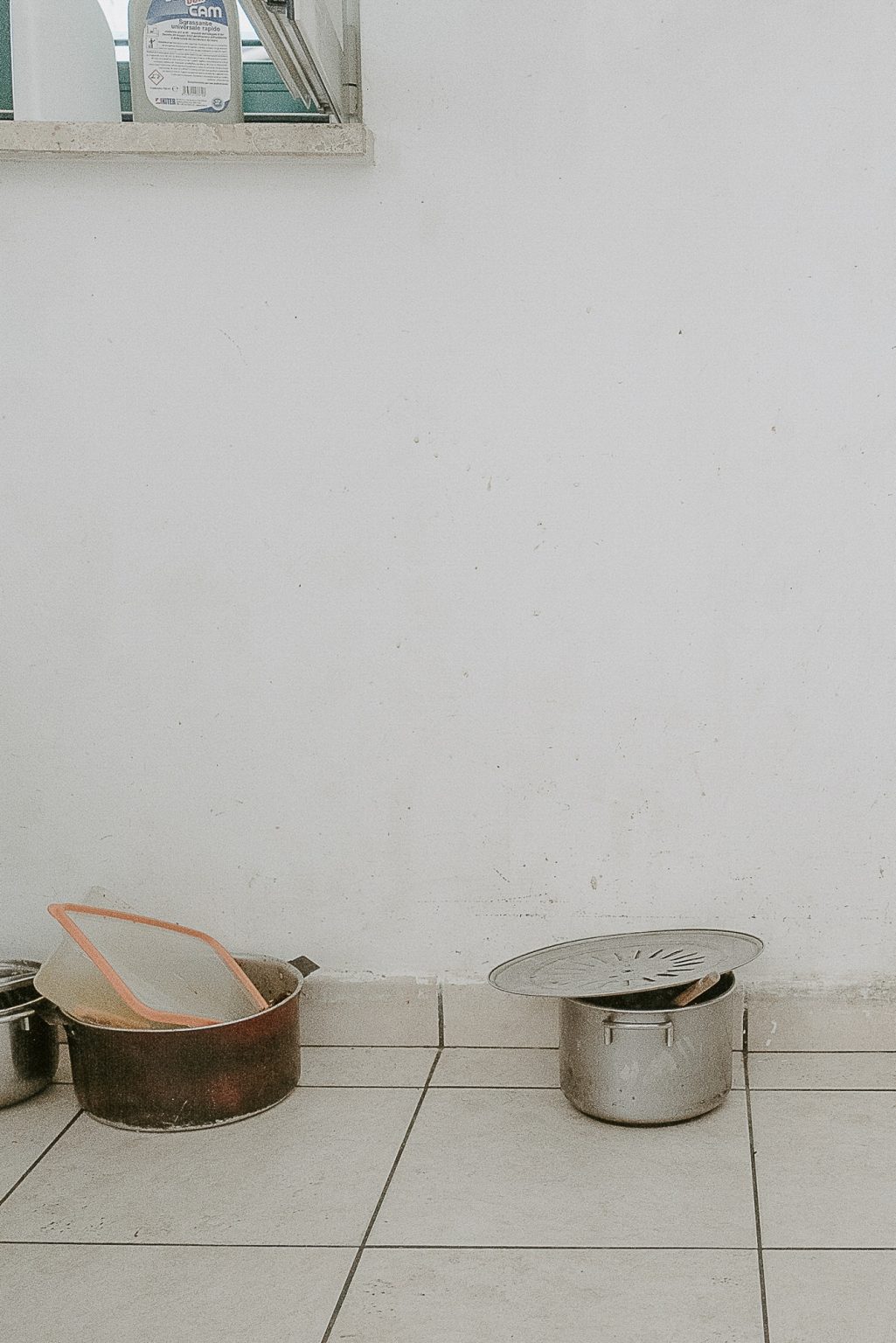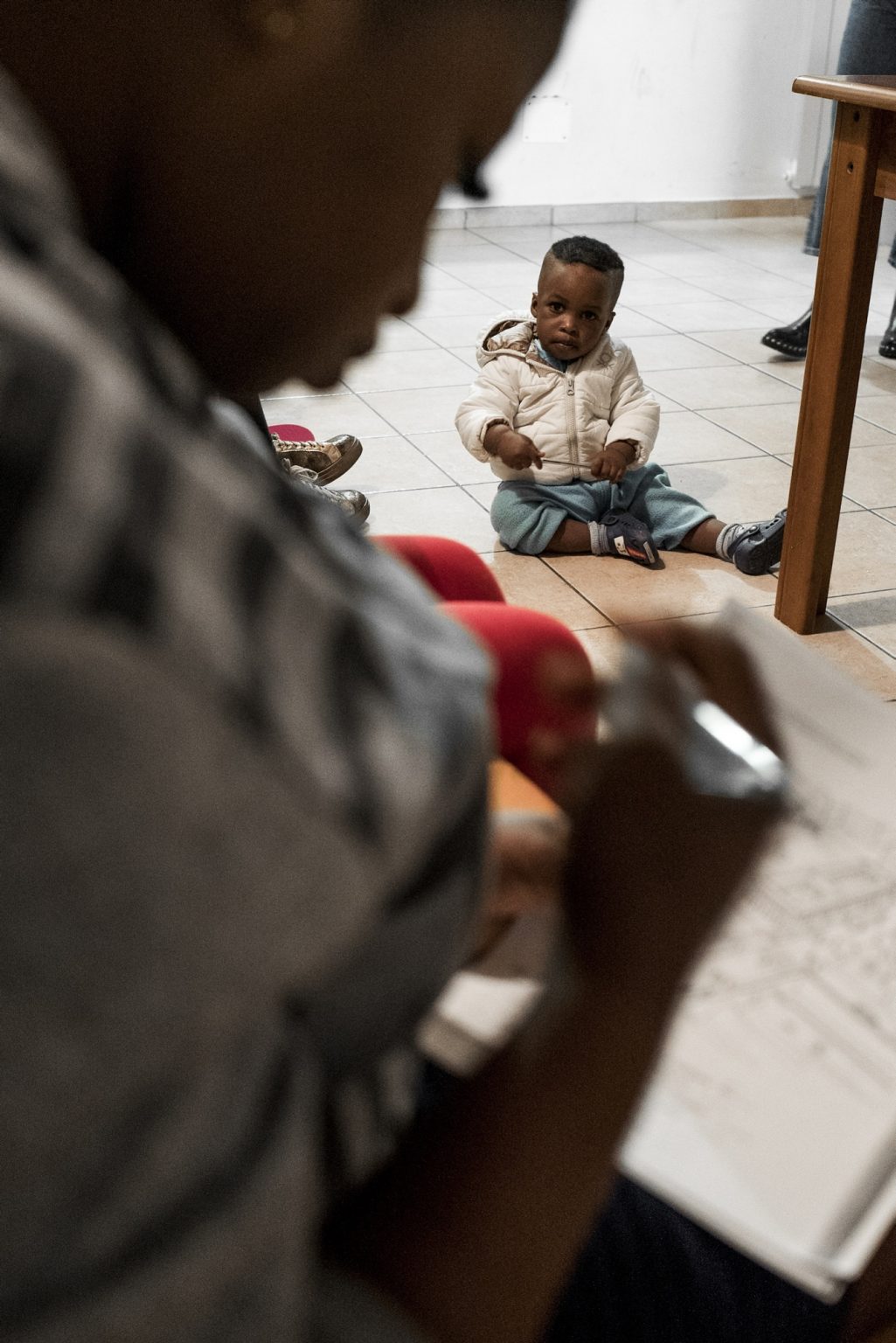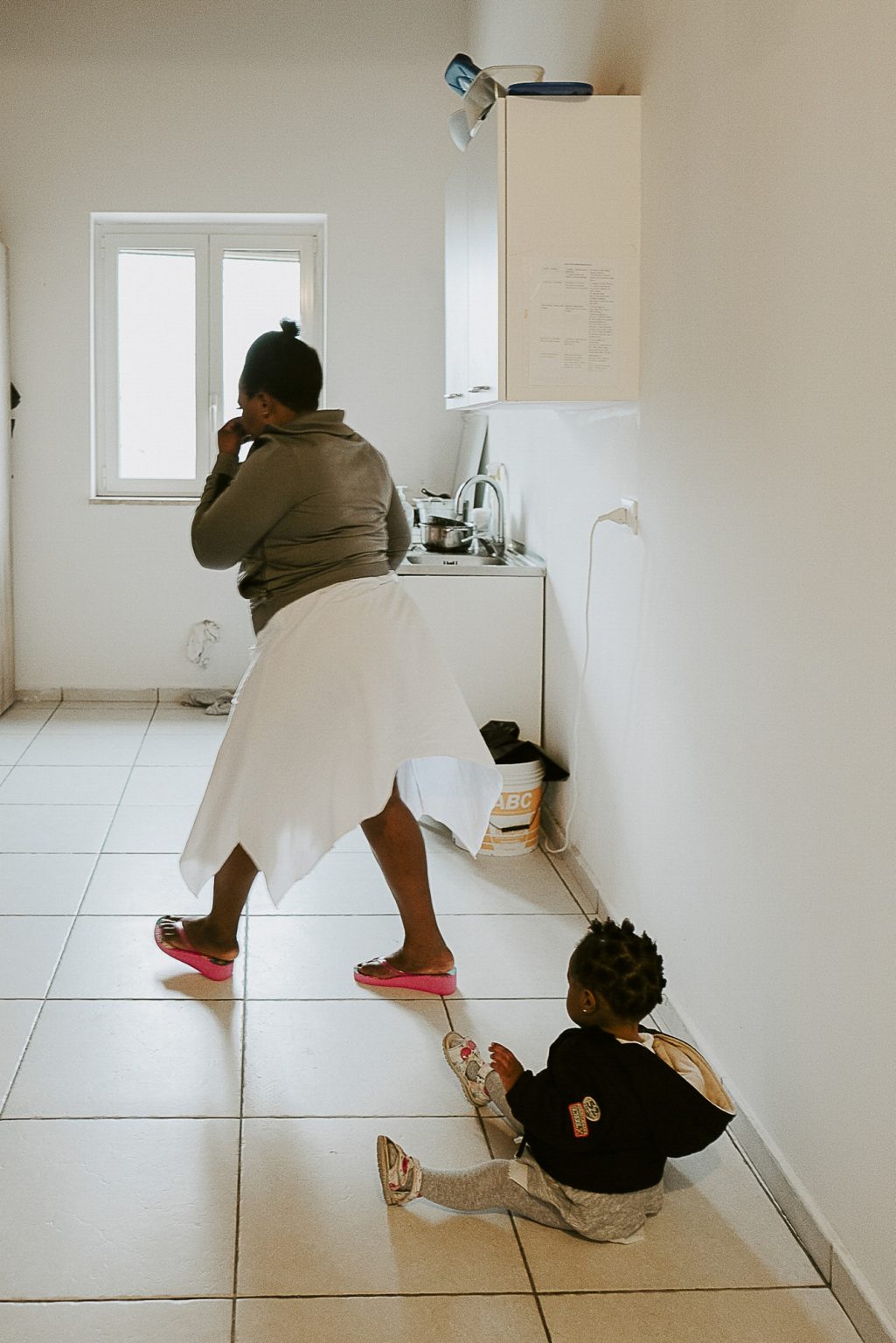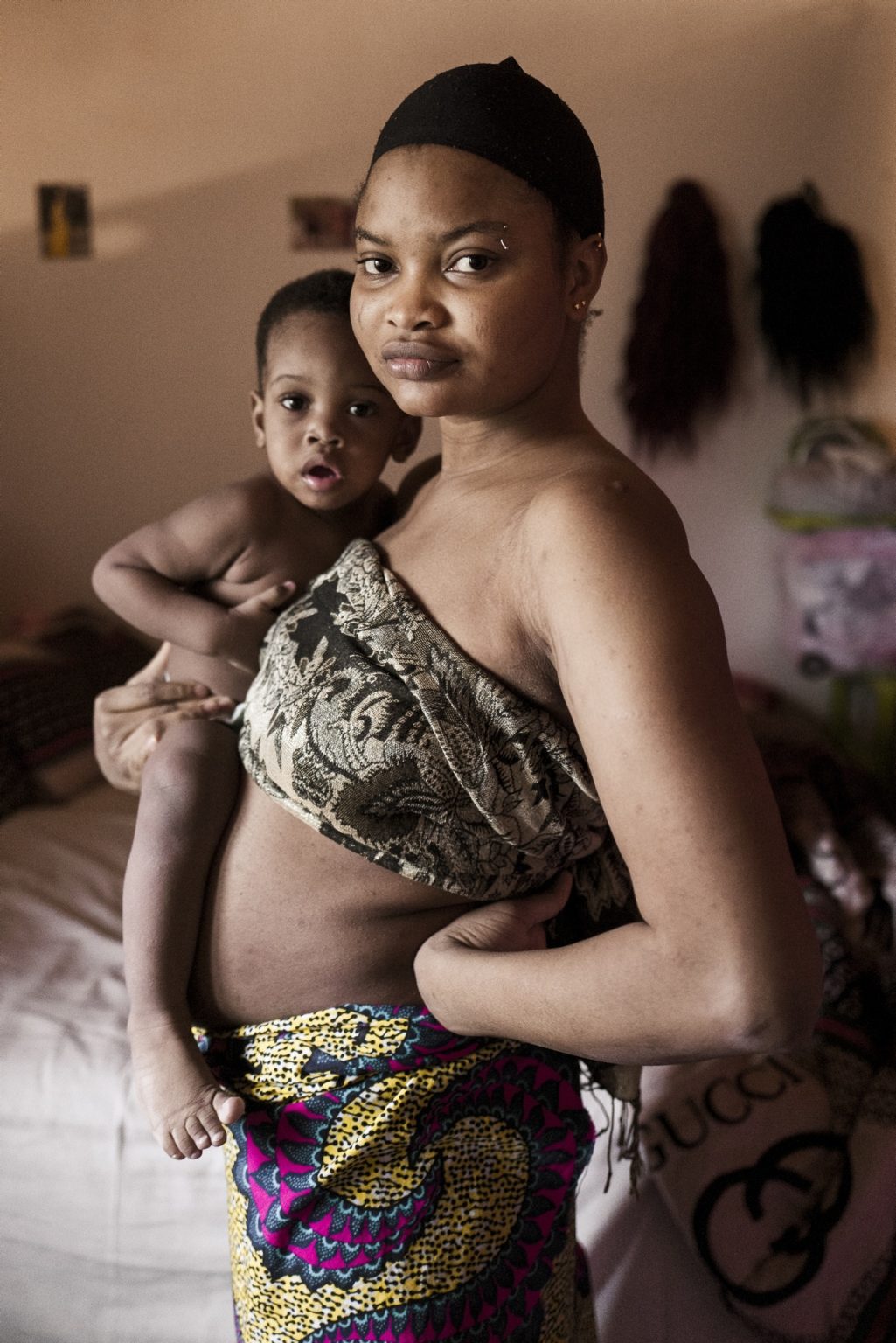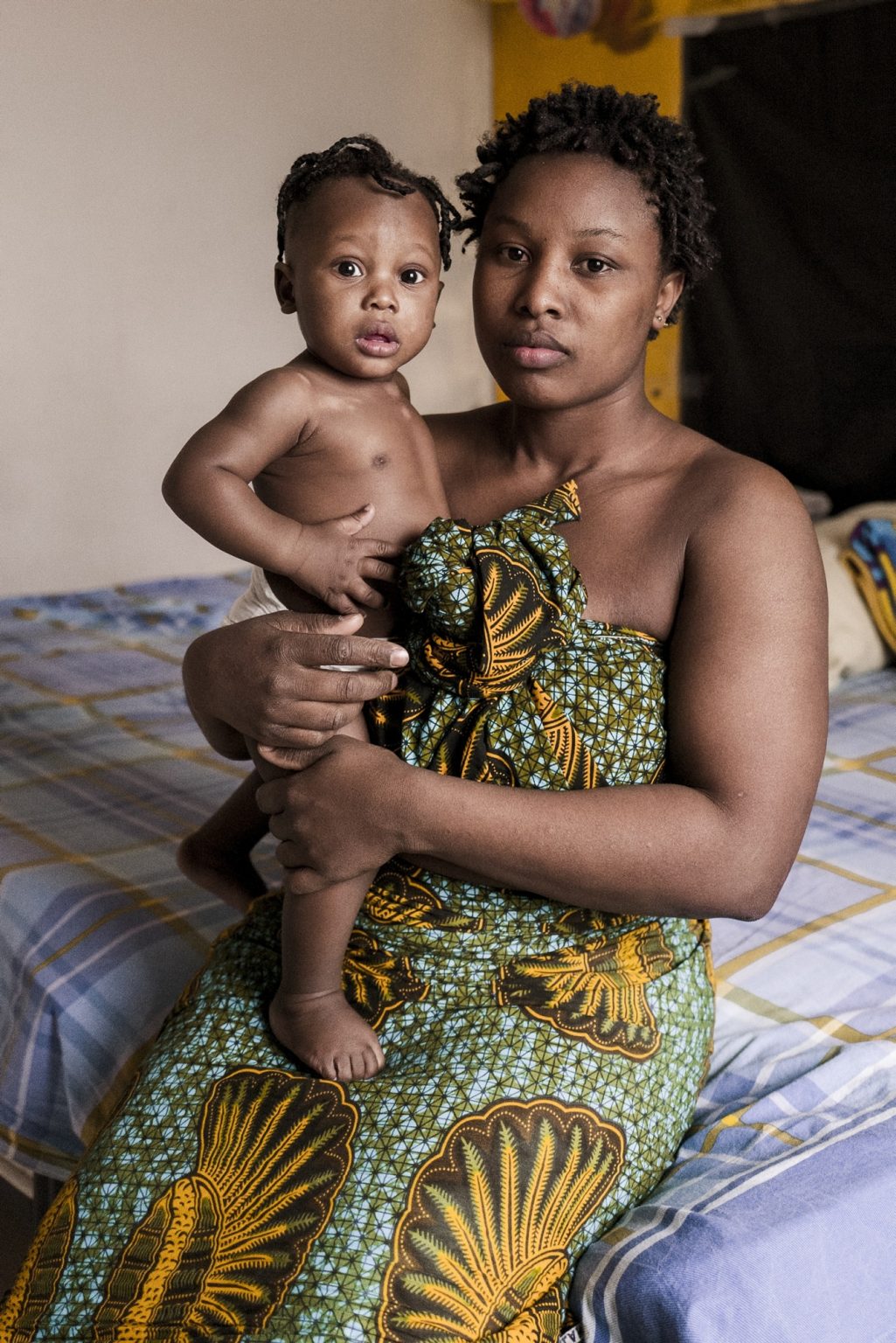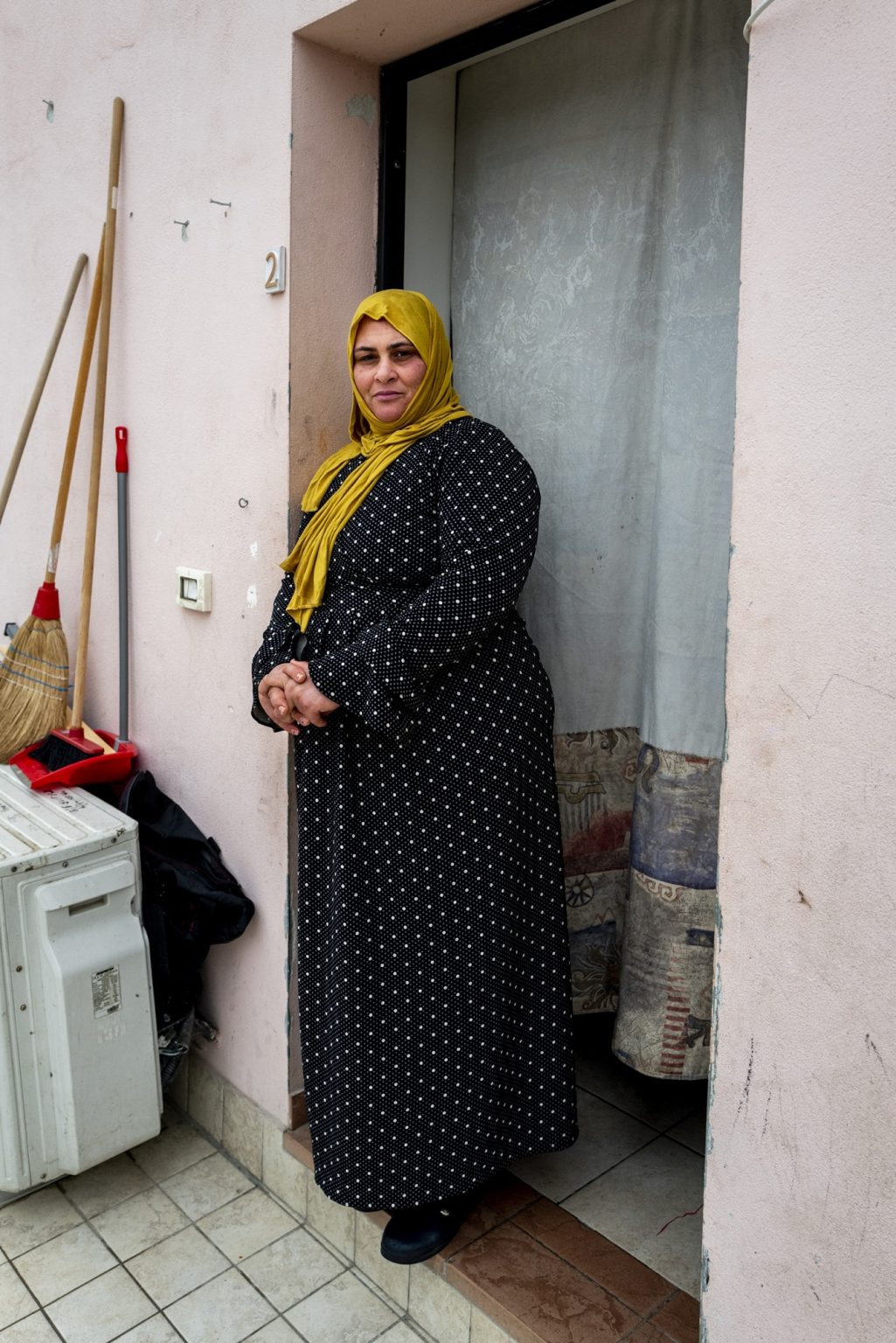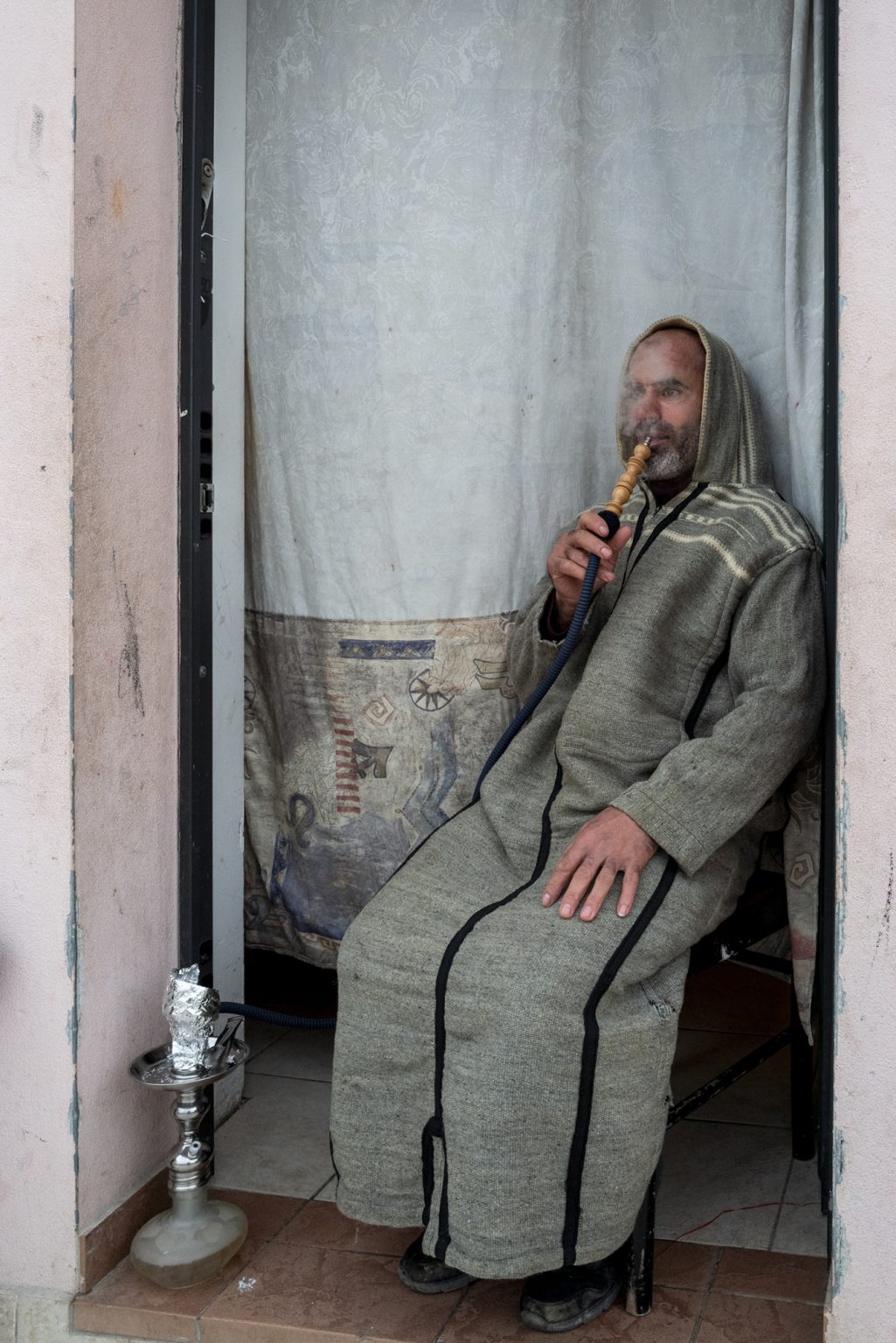01.01
From suffering to pride in belonging.
A narration by images, where the author shows for the first time, the everyday life in the Abruzzo welcome centers, the dignity of people that goes beyond the poverty of places and goods, faces, expressions of pride, joy, serenity, of who with difficulty and strength want to rebuild a new belonging.
Migration is certainly one of the most complex issues that characterize our present. The most terrible motivations, natural disasters, conflicts and economic necessity push millions of people to move from their territories and reach, through long, difficult and dangerous journeys, lands of hope.
When we think of migration, we think mainly of men, because this constantly brings us back to the media, but migration has a strong female characterization that cannot and must not be neglected; this misinformation leads to leaving behind millions of women and girls who are already in a difficult condition but also prevents the opportunity for individual and social responsibility that the move could bring.
But while politicians try to understand how these mass movements affect society, economies, security and sustainability, the specific needs of women and girls are being lost in the complexity of the issue. These women, often abused girls, forced to move away from their men, due to contradictory and difficult laws.
“01.01” is a photographic project aimed at reproducing the truth of reality, in accommodation facilities for migrants, refugees and asylum seekers, in the Abruzzo region, a symbol of reception and integration in central Italy.
The title “01.01” is a cry of rebirth and hope, many migrants arrive in Italy without knowing how old they are and in what year they were born, because very often they come from the villages and not from big cities, for this (as a registration procedure) they are registered on January 1st, but they can freely choose the year of hypothetical birth. This causes, as a consequence, a depersonalization of one’s own identity, of one’s being, but it is also, at the same time, a new starting point, a new way to rebuild one’s life.
The integration process is very long, due to the long registration procedures, medical examinations, residence permits. For the first months of stay, with the first residence permit they have no possibility to work, then with the second residence permit (which could arrive even after one year), they can then start working and integrate in the true sense of the word.

